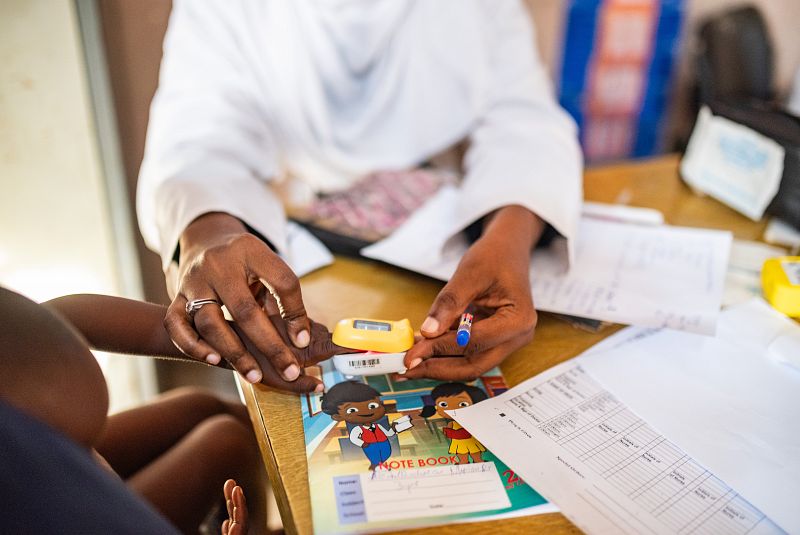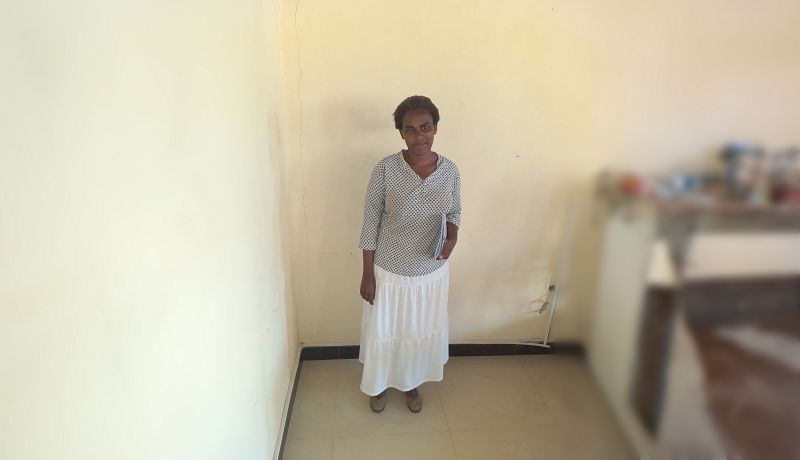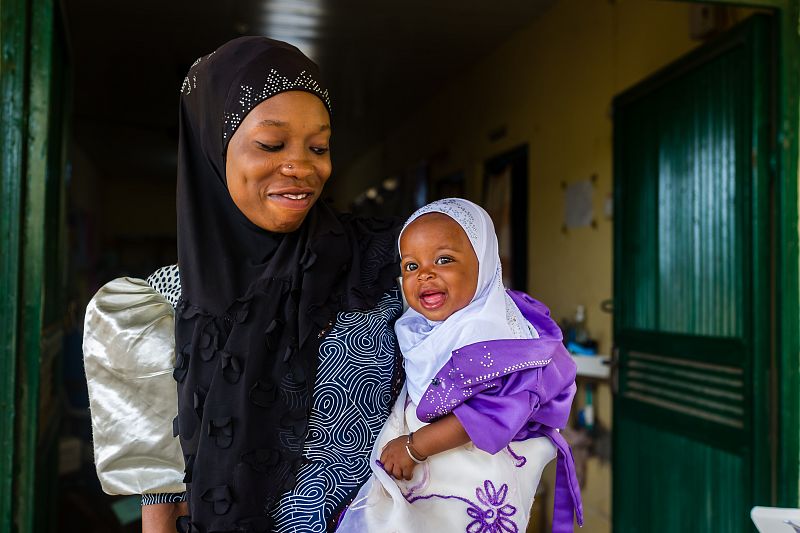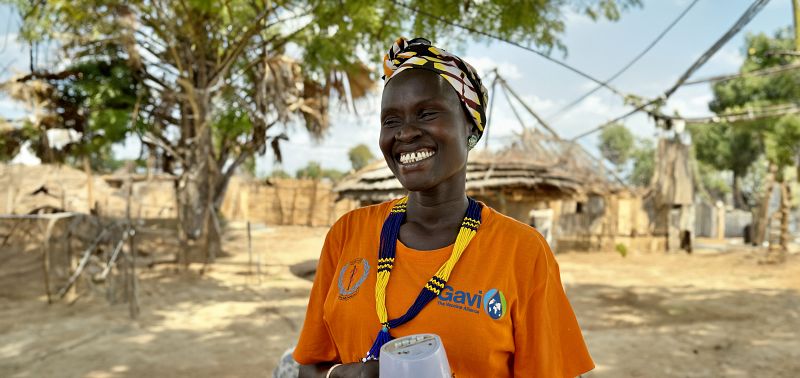Publications
Explore our publications to find useful evidence, lessons and recommendations from our work across Africa and Asia
Type
- Advocacy and positioning
- Advocacy briefs
- Advocacy reports
- Annual reviews
- Brochures
- Capacity statements
- Position statements
- Conference
- Briefing notes
- Posters
- Presentations
- Guidance and toolkits
- Guidance
- Training materials
- Learning
- Case studies
- Infographics
- Insight briefs
- Learning briefs
- Learning papers
- Newsletters
- Research and Technical
- Journal articles
- Project briefs
- Project reports
- Research briefs
- Synopses
- Technical briefs
Keyword
- ASTMH
- Advocacy
- COVID-19
- Capacity development
- Case management
- Case study
- Chemoprevention
- Child survival
- Climate
- Community delivery
- Costing and economic impact evaluation
- Data-informed decision-making
- Diagnosis
- Digital health
- Elimination
- Evidence generation
- Gender
- Genetic modification
- Health financing
- Health system strengthening
- Learning
- Logistics
- MNCH
- Malaria in pregnancy
- Monitoring and evaluation
- PMC
- Philanthropy
- Policy development
- Private sector
- Quality improvement
- Research
- Resistance management
- SBC
- SDGs
- SMC
- Scaled implementation
- Scholarships
- Surveillance
- Treatment
- Universal health coverage
- Urbanisation
- Vaccines
- Vector control
- Webinars
- iCCM
Diseases
Country
Language
Reset all search optionsCurrent search filters (140 results match ALL terms):
Pneumonia
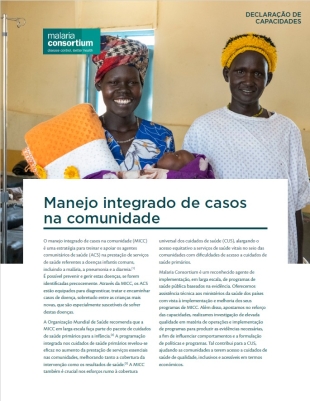 22/01/2024
Capacity statement
22/01/2024
Capacity statement
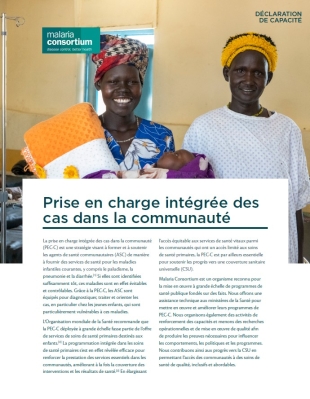 22/01/2024
Capacity statement
22/01/2024
Capacity statement
 12/01/2024
Journal article
12/01/2024
Journal article
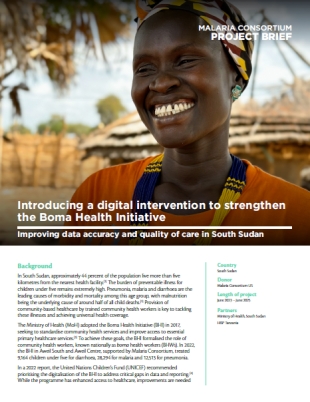 07/12/2023
Project brief
07/12/2023
Project brief
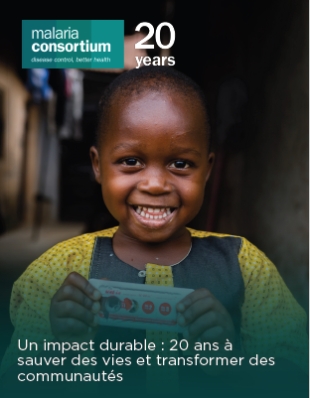 08/11/2023
Annual review
08/11/2023
Annual review
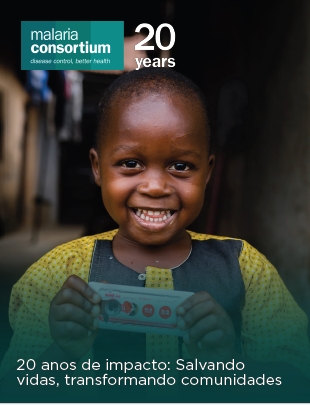 08/11/2023
Annual review
08/11/2023
Annual review
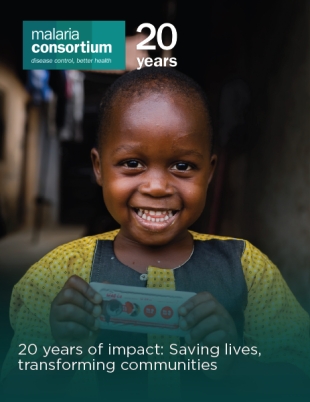 18/10/2023
Annual review
18/10/2023
Annual review
 21/09/2023
Technical brief
21/09/2023
Technical brief
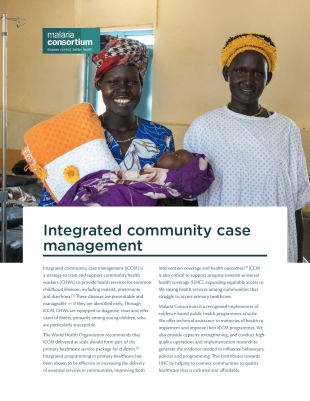 20/09/2023
Capacity statement
20/09/2023
Capacity statement
 21/07/2023
Journal article
21/07/2023
Journal article
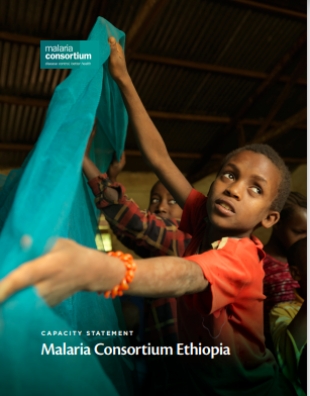 14/07/2023
Capacity statement
14/07/2023
Capacity statement
 12/06/2023
Journal article
12/06/2023
Journal article
 12/06/2023
Journal article
12/06/2023
Journal article
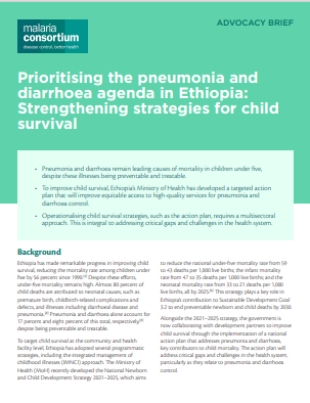 08/06/2023
Advocacy brief
08/06/2023
Advocacy brief
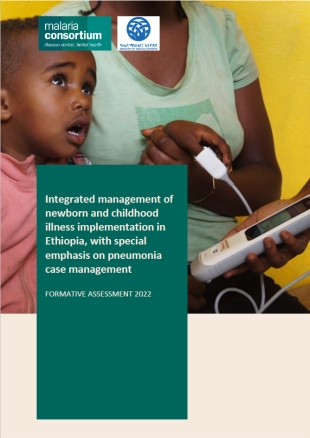 13/04/2023
Project report
13/04/2023
Project report
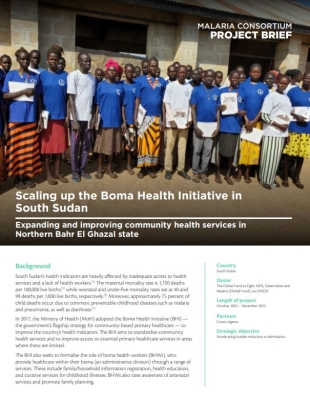 27/03/2023
Project brief
27/03/2023
Project brief
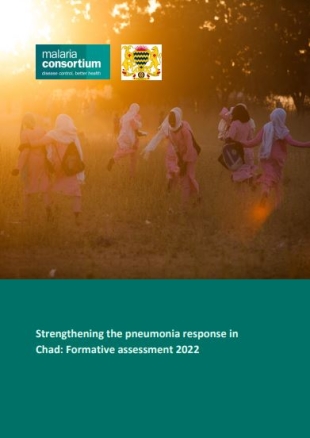 16/03/2023
Project report
16/03/2023
Project report
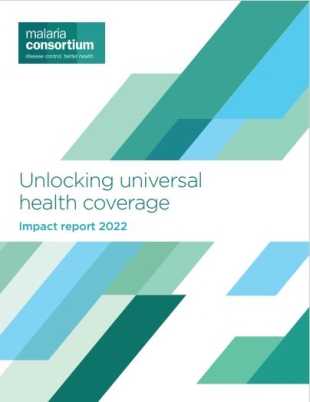 10/01/2023
Annual review
10/01/2023
Annual review
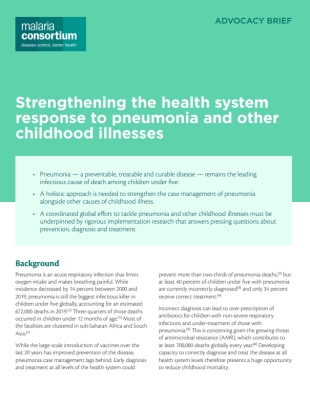 01/12/2022
Advocacy brief
01/12/2022
Advocacy brief
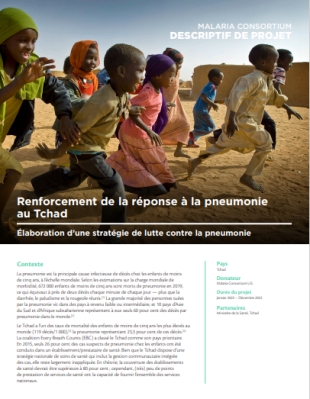 05/08/2022
Project brief
05/08/2022
Project brief
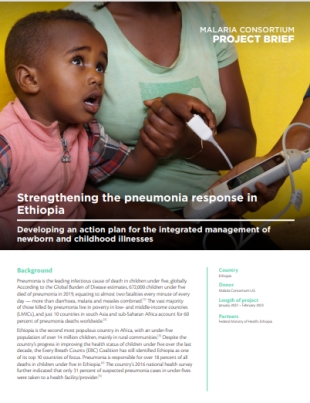 21/06/2022
Project brief
21/06/2022
Project brief
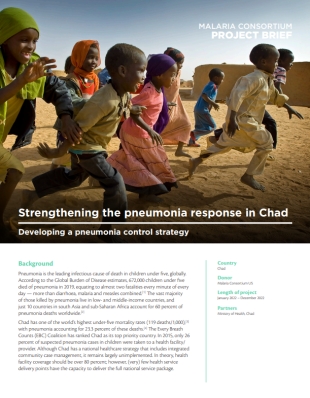 17/06/2022
Project brief
17/06/2022
Project brief
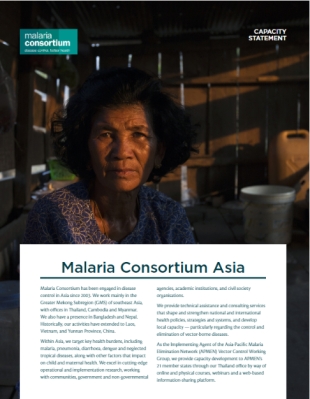 23/05/2022
Capacity statement
23/05/2022
Capacity statement
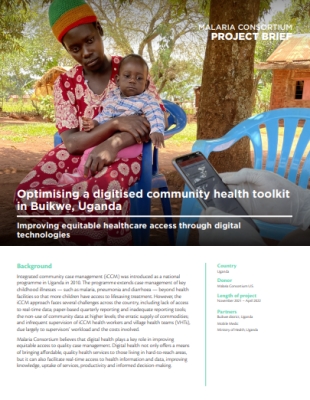 26/03/2022
Project brief
26/03/2022
Project brief
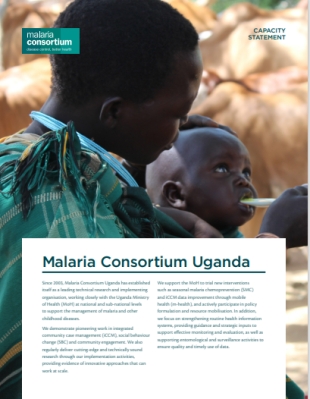 03/02/2022
Capacity statement
03/02/2022
Capacity statement
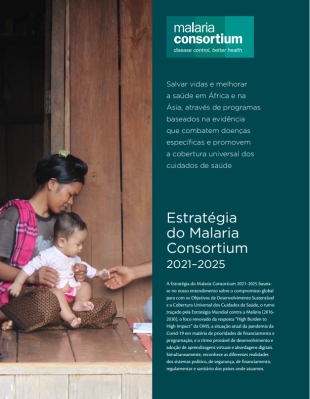 22/11/2021
Annual review
22/11/2021
Annual review
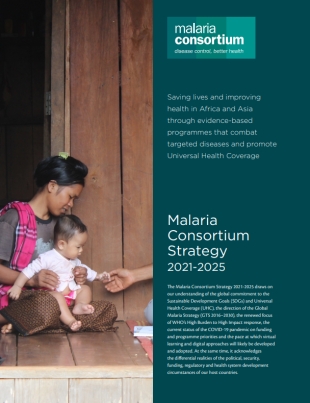 09/11/2021
Annual review
09/11/2021
Annual review
 23/07/2021
Journal article
23/07/2021
Journal article
 13/06/2021
Journal article
13/06/2021
Journal article
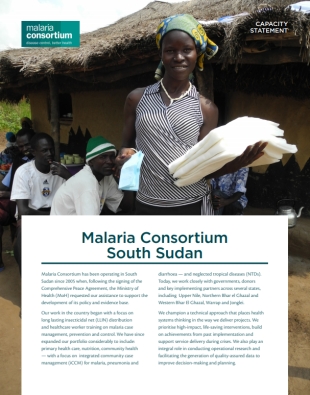 28/05/2021
Capacity statement
28/05/2021
Capacity statement
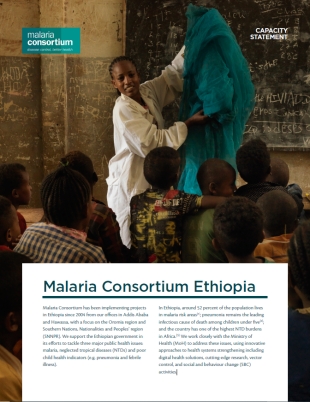 19/04/2021
Capacity statement
19/04/2021
Capacity statement
 01/03/2021
Journal article
01/03/2021
Journal article
 25/01/2021
Capacity statement
25/01/2021
Capacity statement
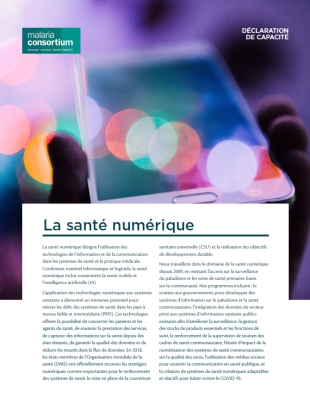 14/01/2021
Capacity statement
14/01/2021
Capacity statement
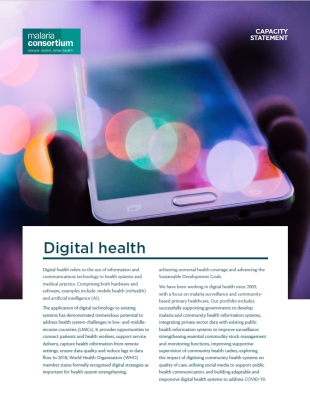 04/12/2020
Capacity statement
04/12/2020
Capacity statement
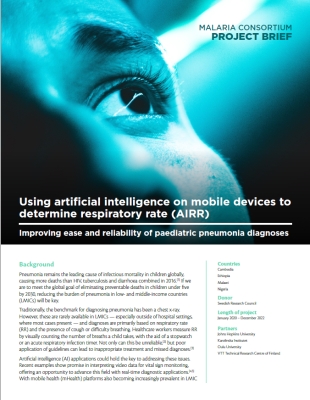 11/11/2020
Project brief
11/11/2020
Project brief
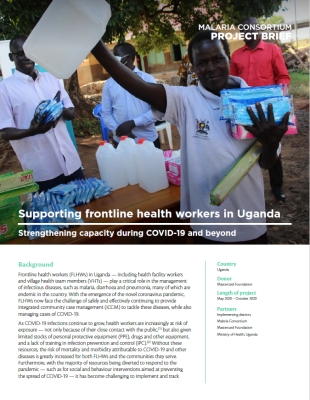 23/07/2020
Project brief
23/07/2020
Project brief
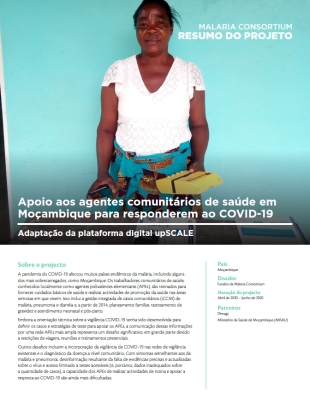 18/06/2020
Project brief
18/06/2020
Project brief
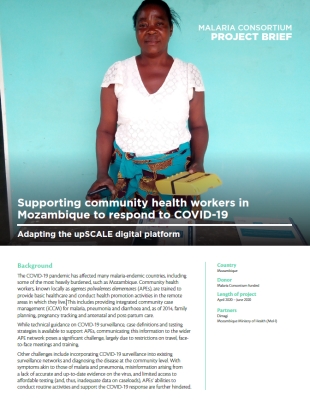 29/05/2020
Project brief
29/05/2020
Project brief
 26/05/2020
Journal article
26/05/2020
Journal article
 02/04/2020
Journal article
02/04/2020
Journal article
 30/03/2020
Journal article
30/03/2020
Journal article
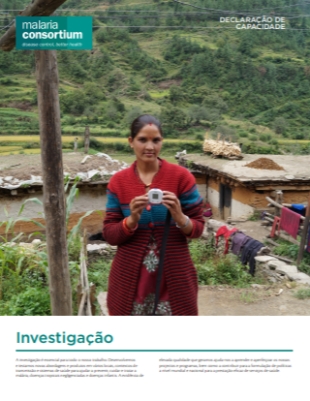 05/03/2020
Capacity statement
05/03/2020
Capacity statement
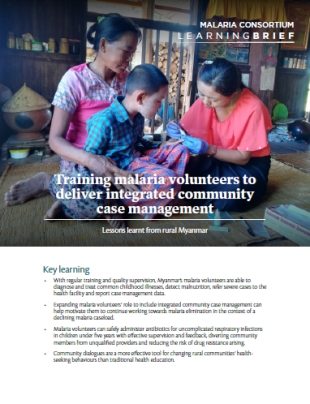 27/02/2020
Learning brief
27/02/2020
Learning brief
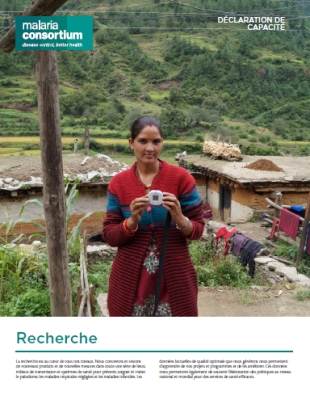 10/02/2020
Capacity statement
10/02/2020
Capacity statement
 12/01/2020
Journal article
12/01/2020
Journal article
 17/12/2019
Journal article
17/12/2019
Journal article
 05/12/2019
Journal article
05/12/2019
Journal article
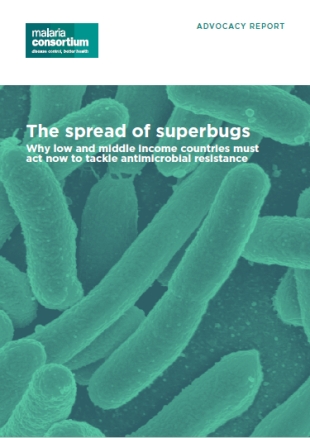 20/11/2019
Advocacy report
20/11/2019
Advocacy report
 07/11/2019
Journal article
07/11/2019
Journal article
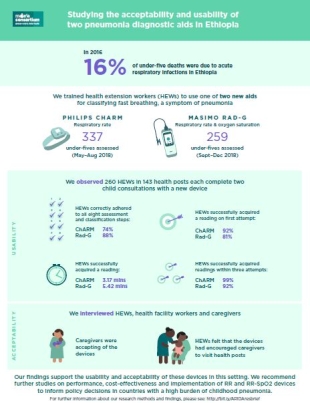 14/10/2019
Infographic
14/10/2019
Infographic
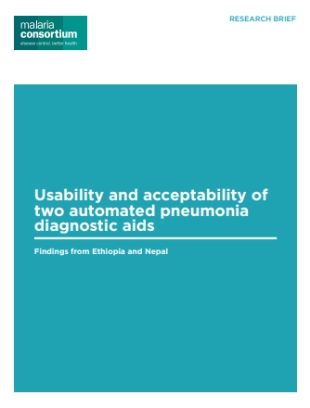 03/10/2019
Research brief
03/10/2019
Research brief
 01/07/2019
Journal article
01/07/2019
Journal article
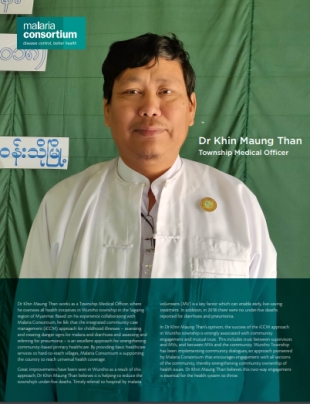 14/06/2019
Case study
14/06/2019
Case study
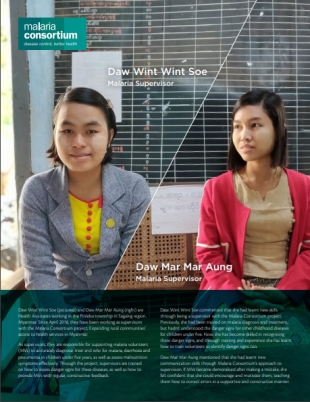 14/06/2019
Case study
14/06/2019
Case study
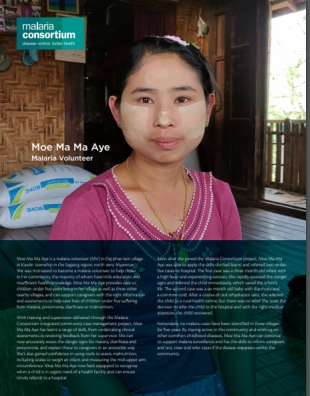 14/06/2019
Case study
14/06/2019
Case study
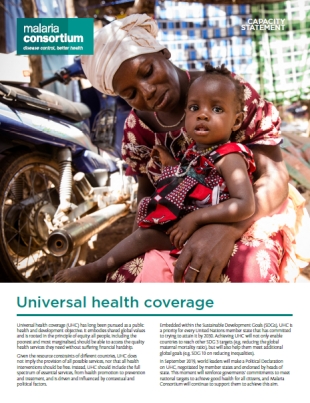 20/05/2019
Capacity statement
20/05/2019
Capacity statement
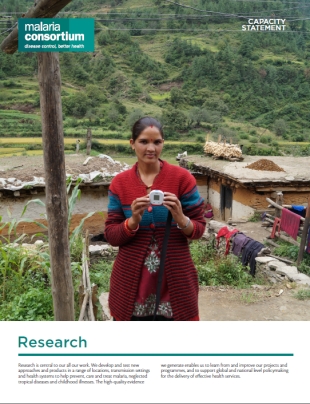 07/05/2019
Capacity statement
07/05/2019
Capacity statement
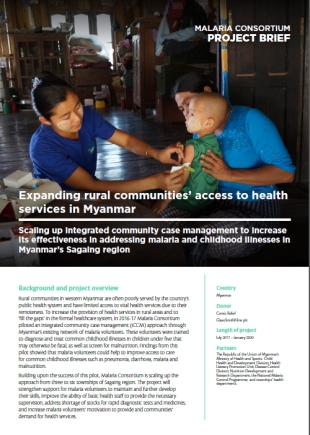 25/04/2019
Project brief
25/04/2019
Project brief
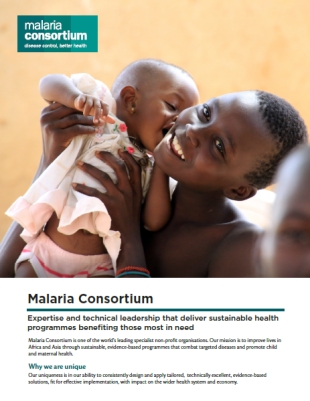 30/03/2019
Capacity statement
30/03/2019
Capacity statement
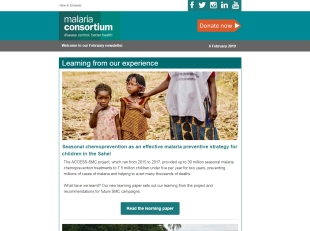 06/02/2019
Newsletter
06/02/2019
Newsletter
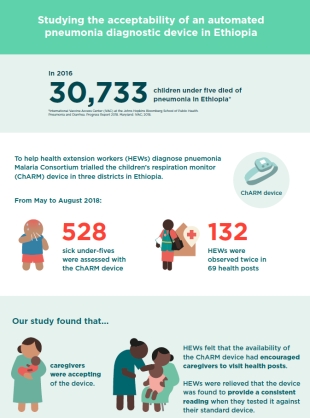 04/02/2019
Infographic
04/02/2019
Infographic
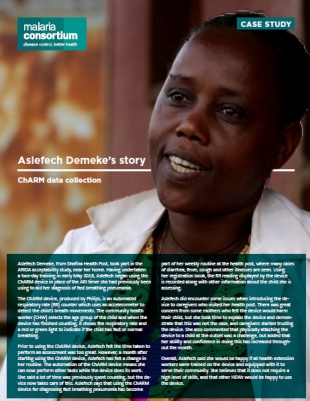 21/01/2019
Case study
21/01/2019
Case study
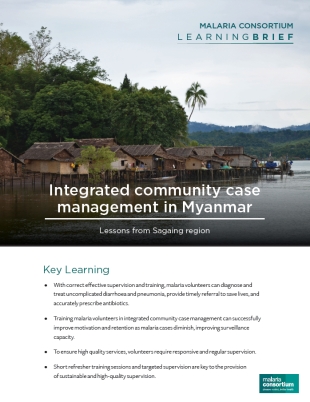 29/11/2018
Learning brief
29/11/2018
Learning brief
 25/10/2018
Journal article
25/10/2018
Journal article
 12/04/2018
Journal article
12/04/2018
Journal article
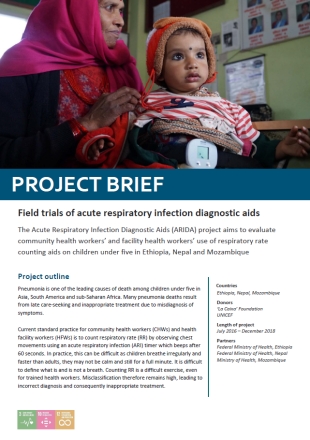 29/03/2018
Project brief
29/03/2018
Project brief
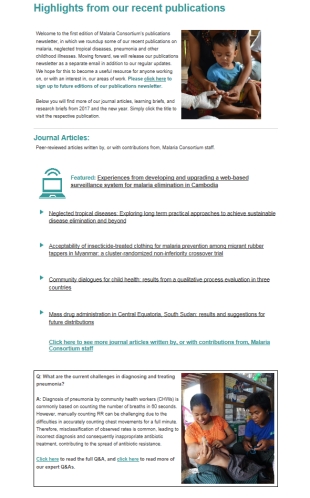 12/02/2018
Newsletter
12/02/2018
Newsletter
 07/12/2017
Newsletter
07/12/2017
Newsletter
 28/11/2017
Journal article
28/11/2017
Journal article
 14/11/2017
Newsletter
14/11/2017
Newsletter
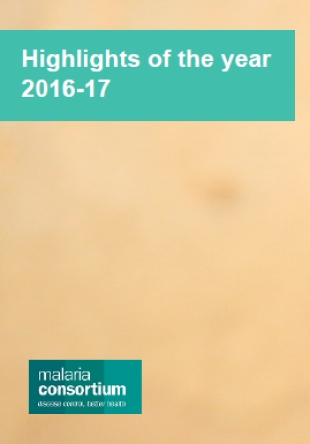 17/10/2017
Annual review
17/10/2017
Annual review
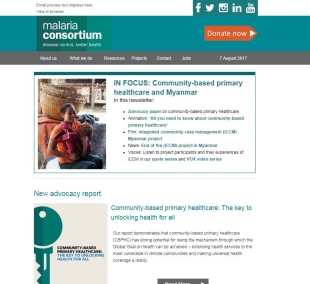 08/08/2017
Newsletter
08/08/2017
Newsletter
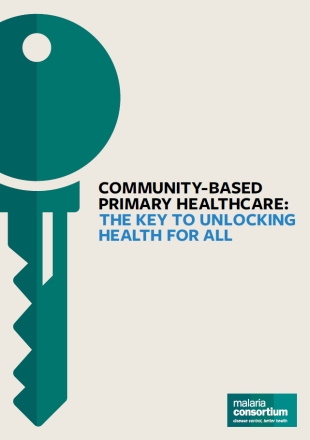 02/08/2017
Advocacy report
02/08/2017
Advocacy report
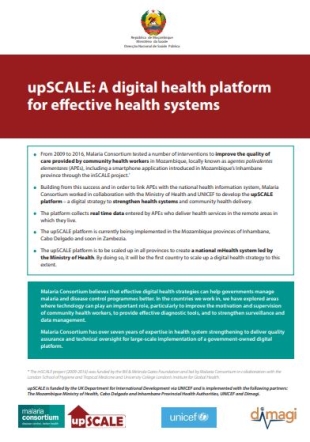 12/07/2017
Project brief
12/07/2017
Project brief
 07/06/2017
Journal article
07/06/2017
Journal article
 09/05/2017
Journal article
09/05/2017
Journal article
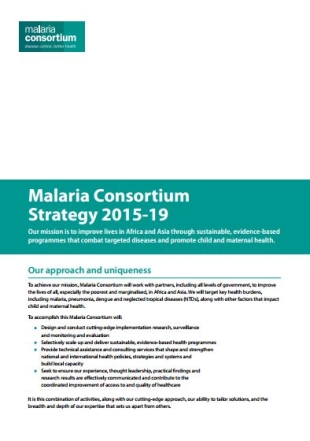 03/02/2017
Annual review
03/02/2017
Annual review
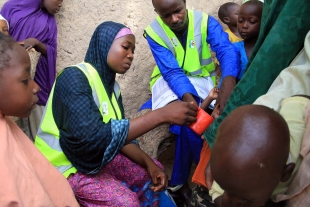 17/01/2017
Newsletter
17/01/2017
Newsletter
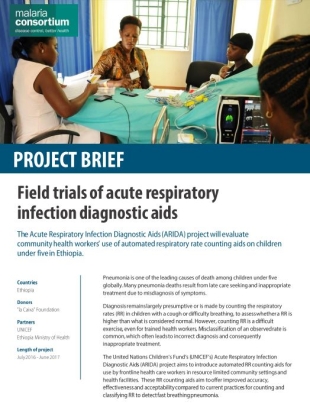 09/12/2016
Project brief
09/12/2016
Project brief
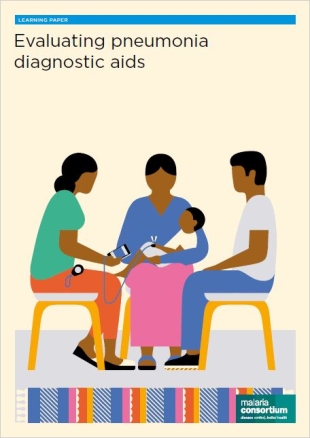 17/11/2016
Learning paper
17/11/2016
Learning paper
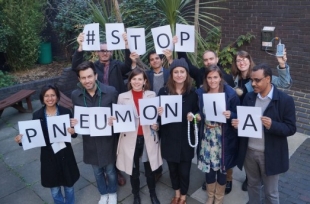 14/11/2016
Newsletter
14/11/2016
Newsletter
 09/11/2016
Journal article
09/11/2016
Journal article
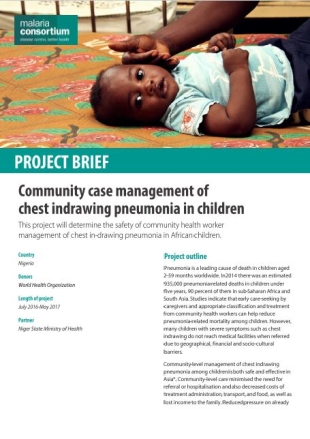 25/10/2016
Project brief
25/10/2016
Project brief
 27/08/2016
Journal article
27/08/2016
Journal article
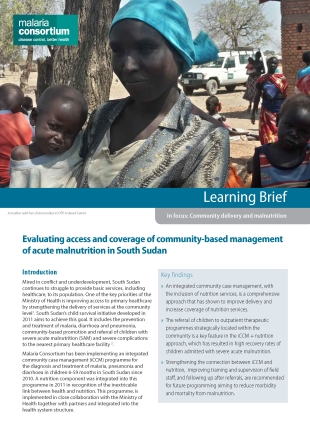 22/07/2016
Learning brief
22/07/2016
Learning brief
 31/03/2016
Journal article
31/03/2016
Journal article
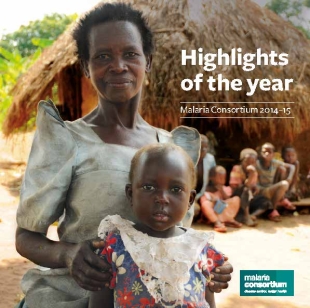 15/12/2015
Annual review
15/12/2015
Annual review
 09/12/2015
Advocacy brief
09/12/2015
Advocacy brief
 01/12/2015
Training materials
01/12/2015
Training materials
 23/11/2015
Journal article
23/11/2015
Journal article
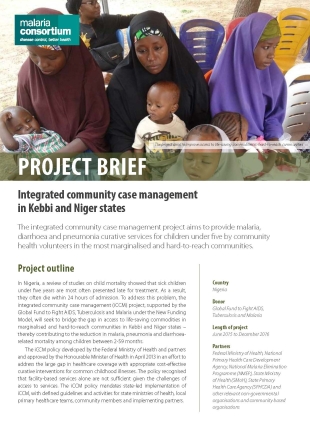 30/10/2015
Project brief
30/10/2015
Project brief
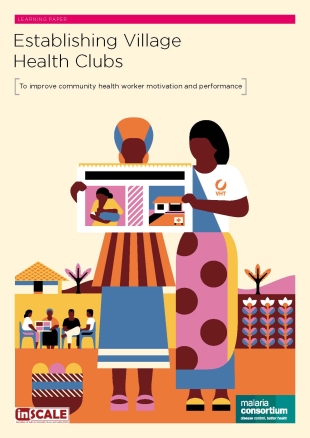 28/10/2015
Learning paper
28/10/2015
Learning paper
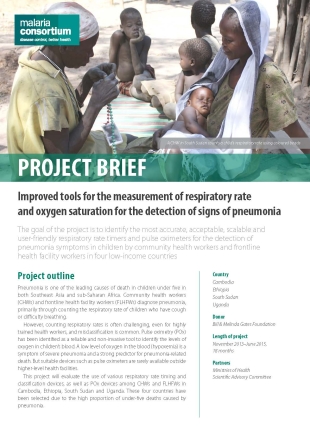 26/10/2015
Project brief
26/10/2015
Project brief
 04/09/2015
Journal article
04/09/2015
Journal article
 28/08/2015
Journal article
28/08/2015
Journal article
 25/08/2015
Journal article
25/08/2015
Journal article
 25/08/2015
Journal article
25/08/2015
Journal article
 01/07/2015
Journal article
01/07/2015
Journal article
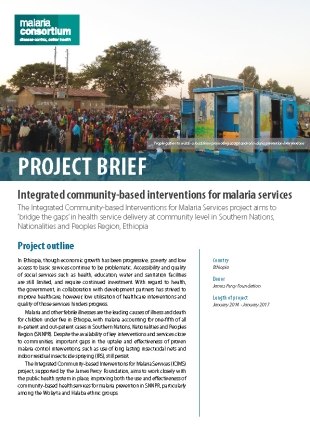 22/05/2015
Project brief
22/05/2015
Project brief
 22/05/2015
Journal article
22/05/2015
Journal article
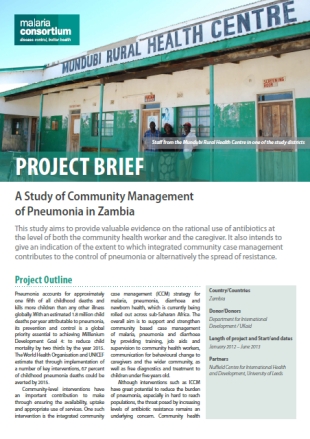 10/11/2014
Project brief
10/11/2014
Project brief
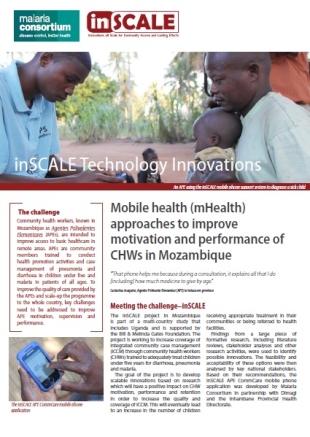 09/11/2014
Technical brief
09/11/2014
Technical brief
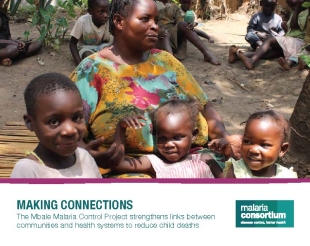 20/08/2014
Project report
20/08/2014
Project report
 07/07/2014
Journal article
07/07/2014
Journal article
 26/06/2014
Project report
26/06/2014
Project report
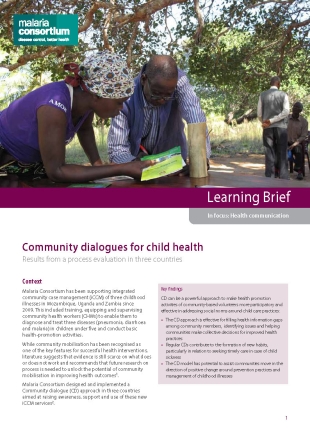 10/06/2014
Learning brief
10/06/2014
Learning brief
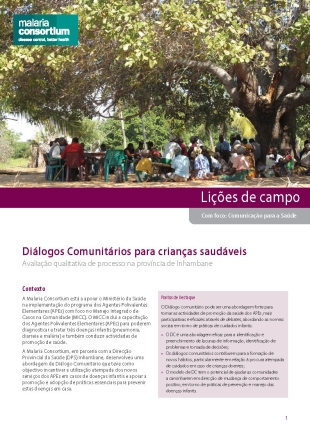 19/05/2014
Learning brief
19/05/2014
Learning brief
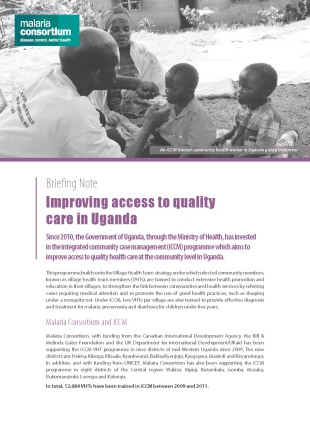 20/03/2014
Technical brief
20/03/2014
Technical brief
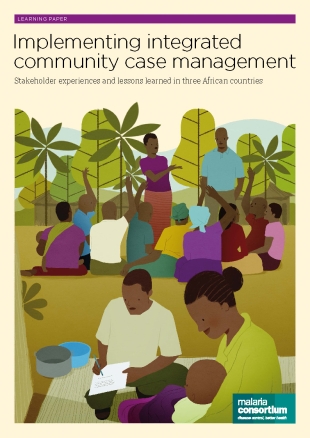 28/02/2014
Learning paper
28/02/2014
Learning paper
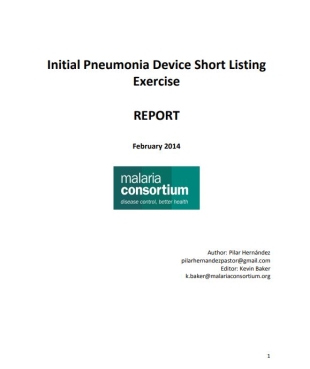 26/02/2014
Training materials
26/02/2014
Training materials
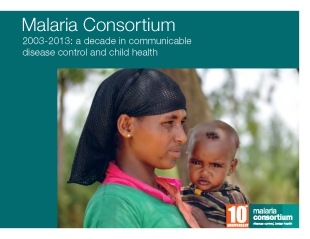 24/02/2014
Annual review
24/02/2014
Annual review
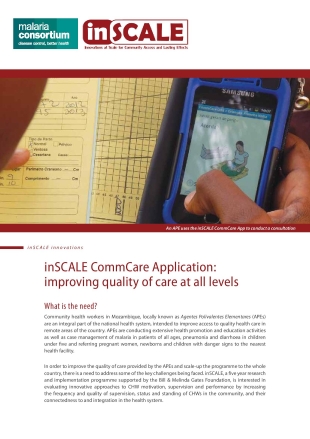 01/12/2013
Technical brief
01/12/2013
Technical brief
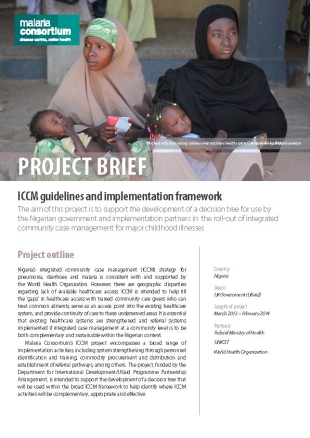 18/11/2013
Project brief
18/11/2013
Project brief
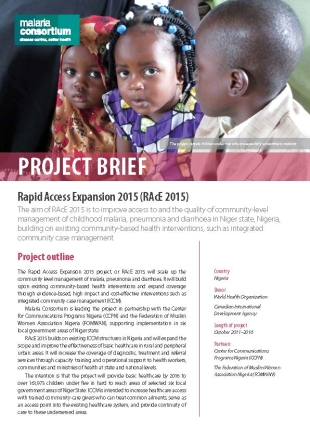 18/11/2013
Project brief
18/11/2013
Project brief
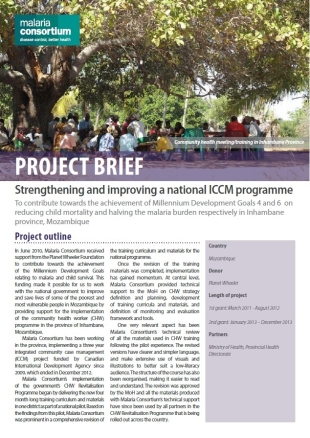 05/09/2013
Project brief
05/09/2013
Project brief
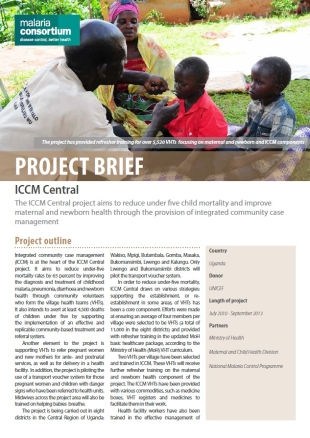 05/09/2013
Project brief
05/09/2013
Project brief
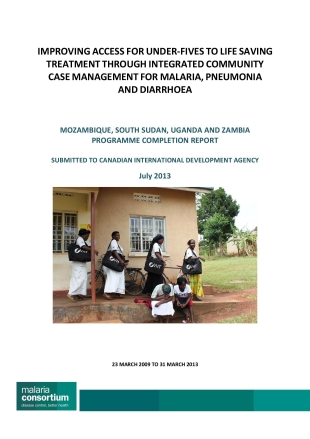 01/07/2013
Project report
01/07/2013
Project report
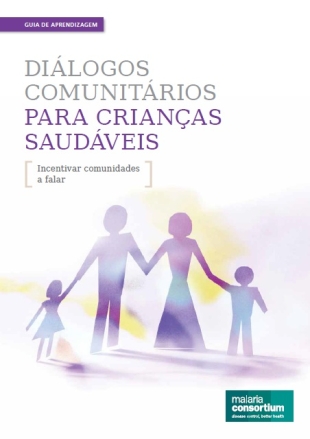 17/06/2013
Learning paper
17/06/2013
Learning paper
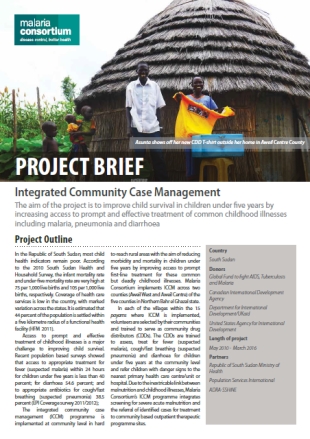 29/05/2013
Project brief
29/05/2013
Project brief
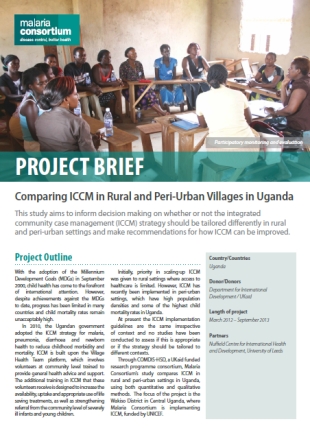 28/05/2013
Project brief
28/05/2013
Project brief
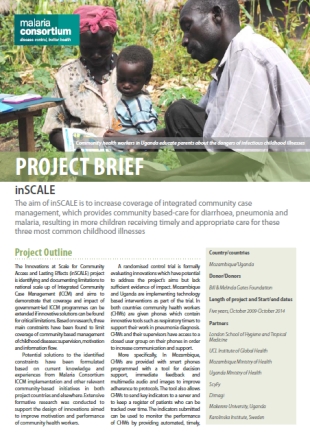 28/05/2013
Project brief
28/05/2013
Project brief
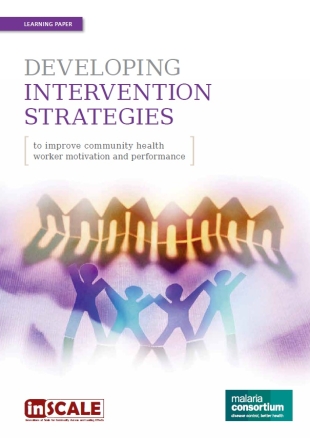 13/03/2013
Learning paper
13/03/2013
Learning paper
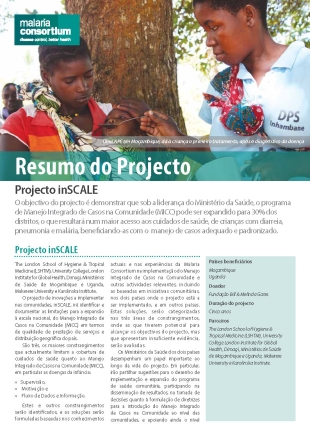 01/02/2013
Project brief
01/02/2013
Project brief
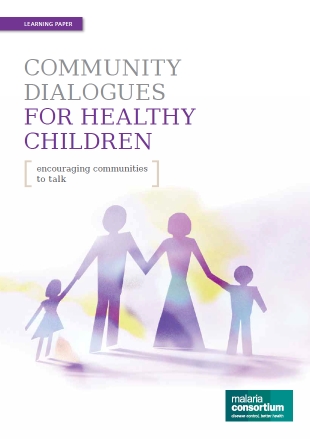 10/01/2013
Learning paper
10/01/2013
Learning paper
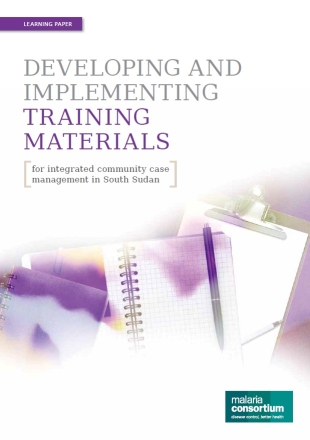 10/01/2013
Learning paper
10/01/2013
Learning paper
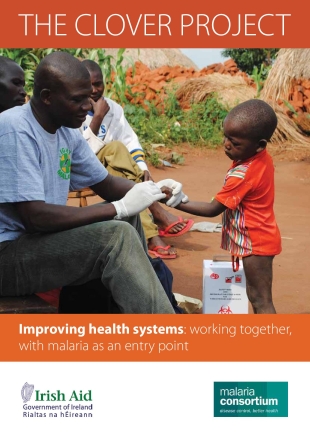 12/11/2012
Project report
12/11/2012
Project report
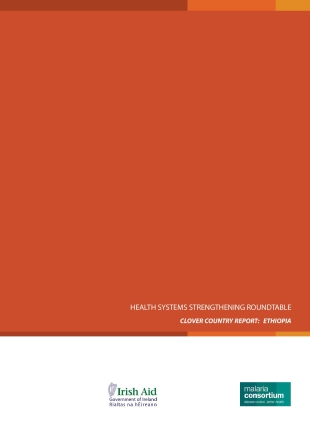 12/11/2012
Project report
12/11/2012
Project report
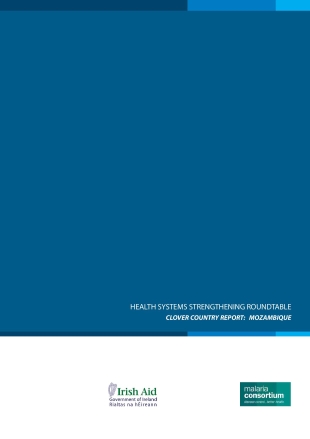 12/11/2012
Project report
12/11/2012
Project report
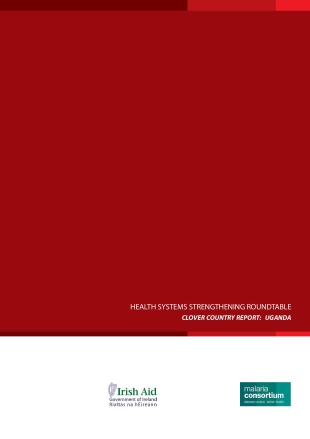 12/11/2012
Project report
12/11/2012
Project report
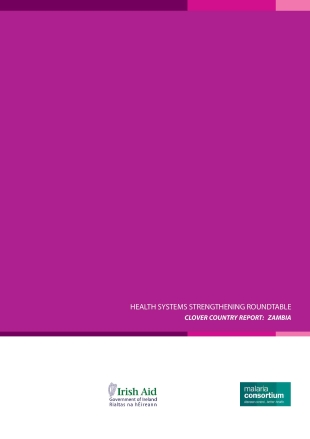 12/11/2012
Project report
12/11/2012
Project report
 07/11/2012
Journal article
07/11/2012
Journal article
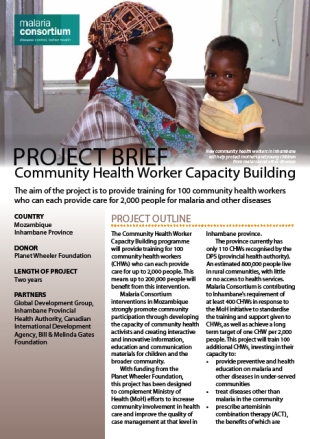 22/03/2012
Project brief
22/03/2012
Project brief
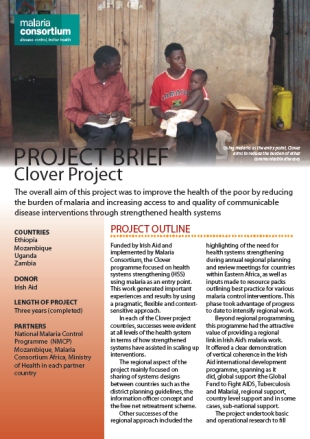 22/03/2012
Project brief
22/03/2012
Project brief
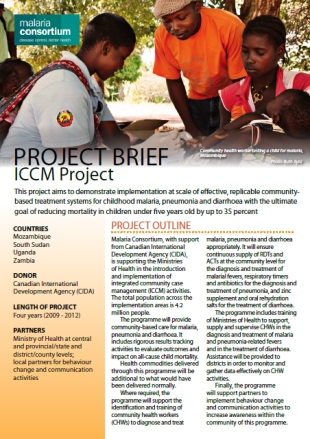 22/03/2012
Project brief
22/03/2012
Project brief
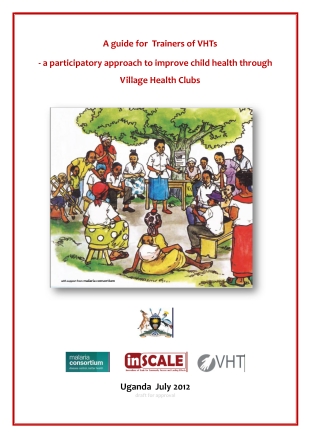 10/01/2012
Training materials
10/01/2012
Training materials
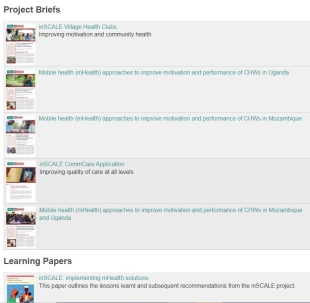 01/01/2012
Project report
01/01/2012
Project report
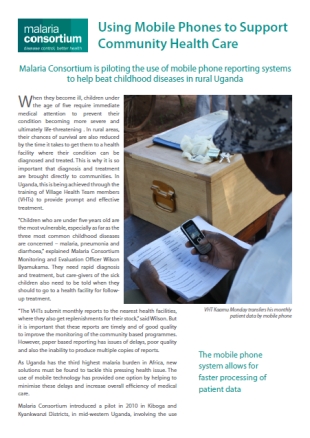 02/12/2011
Case study
02/12/2011
Case study
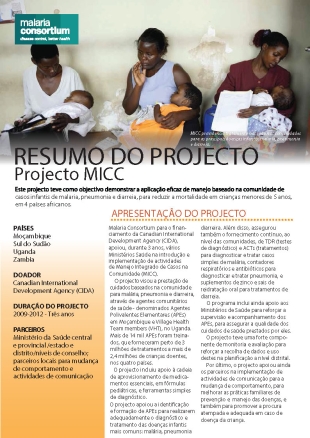 01/11/2010
Project brief
01/11/2010
Project brief
Pneumonia
 22/01/2024
Capacity statement
22/01/2024
Capacity statement
Manejo integrado de casos na comunidade
Malaria Consortium possui ampla experiência no apoio a iniciativas de MICC em África e na Ásia. Implementámos uma série de programas de MICC, trabalhando em parceria com ministérios da saúde… 22/01/2024Malaria Consortium possui ampla experiência no apoio a iniciativas de MICC em África e na Ásia. Implementámos uma série de programas de MICC, trabalhando em parceria com ministérios da saúde com vista a apoiar a sustentabilidade destes serviços.
 22/01/2024
Capacity statement
22/01/2024
Capacity statement
Prise en charge intégrée des cas dans la communauté
Malaria Consortium possède une solide expérience en matière de soutien aux initiatives PEC-C en Afrique et en Asie. Nous avons mis en oeuvre toute une série de programmes PEC-C en… 22/01/2024Malaria Consortium possède une solide expérience en matière de soutien aux initiatives PEC-C en Afrique et en Asie. Nous avons mis en oeuvre toute une série de programmes PEC-C en partenariat avec divers ministères de la Santé.
 12/01/2024
Journal article
12/01/2024
Journal article
Predicting the potential impact of scaling up four pneumonia interventions on under-five pneumonia mortality
A prospective analysis has revealed that scaling up pneumonia interventions could have a significant impact on under-five mortality rates in low- and middle-income countries. 12/01/2024A prospective analysis has revealed that scaling up pneumonia interventions could have a significant impact on under-five mortality rates in low- and middle-income countries.
 07/12/2023
Project brief
07/12/2023
Project brief
Introducing a digital intervention to strengthen the Boma Health Initiative
A project to digitalise integrated community case management in South Sudan aims to address gaps in reporting and increase data quality, and could also improve child health outcomes. 07/12/2023A project to digitalise integrated community case management in South Sudan aims to address gaps in reporting and increase data quality, and could also improve child health outcomes.
 08/11/2023
Annual review
08/11/2023
Annual review
Un impact durable : 20 ans à sauver des vies et transformer des communautés
À l’occasion du 20e anniversaire du Malaria Consortium, donnons un aperçu de ce que nous avons accompli et de la manière dont nous cherchons à relever les principaux défis qui… 08/11/2023À l’occasion du 20e anniversaire du Malaria Consortium, donnons un aperçu de ce que nous avons accompli et de la manière dont nous cherchons à relever les principaux défis qui restent à relever.
 08/11/2023
Annual review
08/11/2023
Annual review
20 anos de impacto: Salvando vidas, transformando comunidades
Neste 20º aniversário do Malaria Consortium, refletimos sobre a jornada até agora e fornecemos insights sobre o que alcançamos e como procuramos enfrentar os principais desafios que permanecem. 08/11/2023Neste 20º aniversário do Malaria Consortium, refletimos sobre a jornada até agora e fornecemos insights sobre o que alcançamos e como procuramos enfrentar os principais desafios que permanecem.
 18/10/2023
Annual review
18/10/2023
Annual review
20 years of impact: Saving lives, transforming communities
On this, the 20th anniversary of Malaria Consortium, we reflect on the journey so far and provide insights into what we have achieved and how we seek to address the… 18/10/2023On this, the 20th anniversary of Malaria Consortium, we reflect on the journey so far and provide insights into what we have achieved and how we seek to address the key challenges that remain.
 21/09/2023
Technical brief
21/09/2023
Technical brief
Paving the way for universal health coverage
To help ensure our programmatic efforts continue to progress UHC in the countries in which we work, we have developed a dedicated action plan and a country assessment tool for… 21/09/2023To help ensure our programmatic efforts continue to progress UHC in the countries in which we work, we have developed a dedicated action plan and a country assessment tool for UHC.
 20/09/2023
Capacity statement
20/09/2023
Capacity statement
Integrated community case management
With vast experience in supporting iCCM initiatives across Africa and Asia, Malaria Consortium offers technical assistance to ministries of health to implement and improve their iCCM programmes. 20/09/2023With vast experience in supporting iCCM initiatives across Africa and Asia, Malaria Consortium offers technical assistance to ministries of health to implement and improve their iCCM programmes.
 21/07/2023
Journal article
21/07/2023
Journal article
Usability of pulse oximeters used by community health and primary care workers as screening tools for severe illness in children under five in low resource settings
This cross-sectional study explores the usability of pulse-oximeters for community health and primary care workers in Cambodia, Ethiopia, South Sudan and Uganda. 21/07/2023This cross-sectional study explores the usability of pulse-oximeters for community health and primary care workers in Cambodia, Ethiopia, South Sudan and Uganda.
 14/07/2023
Capacity statement
14/07/2023
Capacity statement
Malaria Consortium Ethiopia
In Ethiopia, we are providing technical assistance to the Ministry of Health to develop and strengthen evidence-based strategies for child survival. 14/07/2023In Ethiopia, we are providing technical assistance to the Ministry of Health to develop and strengthen evidence-based strategies for child survival.
 12/06/2023
Journal article
12/06/2023
Journal article
Improving community health worker treatment for malaria, diarrhoea, and pneumonia in Uganda through inSCALE community and mHealth innovations
The results of this cluster randomised controlled trial suggest that interventions that promote learning and increase CHWs' confidence and connectedness to the wider health system and community can increase appropriate… 12/06/2023The results of this cluster randomised controlled trial suggest that interventions that promote learning and increase CHWs' confidence and connectedness to the wider health system and community can increase appropriate treatment for malaria, diarrhoea and pneumonia.
 12/06/2023
Journal article
12/06/2023
Journal article
Improving outcomes for children with malaria, diarrhoea and pneumonia in Mozambique: A cluster randomised controlled trial of the inSCALE technology innovation
This study highlights the potential value of a technology intervention aimed at strengthening integrated community case management to address the largest causes of childhood morbidity and mortality in sub-Saharan Africa. 12/06/2023This study highlights the potential value of a technology intervention aimed at strengthening integrated community case management to address the largest causes of childhood morbidity and mortality in sub-Saharan Africa.
 08/06/2023
Advocacy brief
08/06/2023
Advocacy brief
Prioritising the pneumonia and diarrhoea agenda in Ethiopia: Strengthening strategies for child survival
To target child survival at the community and health facility level, Ethiopia has adopted several programmatic strategies. 08/06/2023To target child survival at the community and health facility level, Ethiopia has adopted several programmatic strategies.
 13/04/2023
Project report
13/04/2023
Project report
Formative assessment on integrated management of newborn and childhood illness implementation in Ethiopia
This formative assessment explores issues that are critical to improve child health services in Ethiopia. 13/04/2023This formative assessment explores issues that are critical to improve child health services in Ethiopia.
 27/03/2023
Project brief
27/03/2023
Project brief
Scaling up the Boma Health Initiative in South Sudan
We are expanding community health services across two counties in Northern Bahr El Ghazal state to prevent and treat common health conditions. 27/03/2023We are expanding community health services across two counties in Northern Bahr El Ghazal state to prevent and treat common health conditions.
 16/03/2023
Project report
16/03/2023
Project report
Strengthening the pneumonia response in Chad: Formative assessment 2022
This review identifies opportunities to improve pneumonia management in Chad. 16/03/2023This review identifies opportunities to improve pneumonia management in Chad.
 10/01/2023
Annual review
10/01/2023
Annual review
Unlocking universal health coverage: Impact report 2022
This report highlights how Malaria Consortium is contributing towards universal health coverage. 10/01/2023This report highlights how Malaria Consortium is contributing towards universal health coverage.
 01/12/2022
Advocacy brief
01/12/2022
Advocacy brief
Strengthening the health system response to pneumonia and other childhood illnesses
Early diagnosis and treatment at all levels of the health system could prevent more than two-thirds of pneumonia deaths. 01/12/2022Early diagnosis and treatment at all levels of the health system could prevent more than two-thirds of pneumonia deaths.
 05/08/2022
Project brief
05/08/2022
Project brief
Renforcement de la réponse à la pneumonie au Tchad: Élaboration d’une stratégie de lutte contre la pneumonie
Ce projet vise à améliorer la gestion des cas de pneumonie au Tchad en comprenant les méthodes actuel utilisé pour gérer pneumonie à différents niveaux du système de santé. 05/08/2022Ce projet vise à améliorer la gestion des cas de pneumonie au Tchad en comprenant les méthodes actuel utilisé pour gérer pneumonie à différents niveaux du système de santé.
 21/06/2022
Project brief
21/06/2022
Project brief
Strengthening the pneumonia response in Ethiopia: Developing an action plan for the integrated management of newborn and childhood illnesses
With our partners in Ethiopia, we are developing an action plan for the integrated management of newborn and childhood illnesses, including pneumonia. 21/06/2022With our partners in Ethiopia, we are developing an action plan for the integrated management of newborn and childhood illnesses, including pneumonia.
 17/06/2022
Project brief
17/06/2022
Project brief
Strengthening the pneumonia response in Chad: Developing a pneumonia control strategy
We aim to improve pneumonia case management in Chad through understanding the methods used to manage cases at different levels of the health system. 17/06/2022We aim to improve pneumonia case management in Chad through understanding the methods used to manage cases at different levels of the health system.
 23/05/2022
Capacity statement
23/05/2022
Capacity statement
Malaria Consortium Asia
In Asia, we provide technical assistance and consulting services that shape and strengthen national and international health policies and develop local capacity. 23/05/2022In Asia, we provide technical assistance and consulting services that shape and strengthen national and international health policies and develop local capacity.
 26/03/2022
Project brief
26/03/2022
Project brief
Optimising a digitised community health toolkit in Buikwe, Uganda
Digital health can bring quality health services to hard-to-reach areas and facilitate real-time access to health information and data for informed decision-making. 26/03/2022Digital health can bring quality health services to hard-to-reach areas and facilitate real-time access to health information and data for informed decision-making.
 03/02/2022
Capacity statement
03/02/2022
Capacity statement
Malaria Consortium Uganda
In Uganda, we demonstrate pioneering work in integrated community case management, social behaviour change and community engagement. 03/02/2022In Uganda, we demonstrate pioneering work in integrated community case management, social behaviour change and community engagement.
 22/11/2021
Annual review
22/11/2021
Annual review
Estratégia do Malaria Consortium 2021–2025
Sabemos que é impossível aplicar umaabordagem única e adaptamo-nos às circunstâncias locais. Temos uma vontade permanente de investigar, melhorar, adaptar e aperfeiçoar. 22/11/2021Sabemos que é impossível aplicar umaabordagem única e adaptamo-nos às circunstâncias locais. Temos uma vontade permanente de investigar, melhorar, adaptar e aperfeiçoar.
 09/11/2021
Annual review
09/11/2021
Annual review
Malaria Consortium Strategy 2021–2025
We adapt to local circumstances and bring a constant desire to research, improve, adapt and refine, accepting that no one has a monopoly on good ideas. 09/11/2021We adapt to local circumstances and bring a constant desire to research, improve, adapt and refine, accepting that no one has a monopoly on good ideas.
 23/07/2021
Journal article
23/07/2021
Journal article
Performance of five pulse oximeters to detect hypoxaemia as an indicator of severe illness in children under five by frontline health workers in low-resource settings
In this first trial in Cambodia, Ethiopia, South Sudan and Uganda, researchers wanted to identify the most user-friendly pulse oximeters for frontline health workers. 23/07/2021In this first trial in Cambodia, Ethiopia, South Sudan and Uganda, researchers wanted to identify the most user-friendly pulse oximeters for frontline health workers.
 13/06/2021
Journal article
13/06/2021
Journal article
Evaluating the interrater agreement and acceptability of a new reference tool for assessing respiratory rate in children under five with cough and/or difficulty breathing
A new reference tool which facilitates manual annotation of breaths based on videos was developed to improve diagnosis of suspected cases and appropriate treatment. 13/06/2021A new reference tool which facilitates manual annotation of breaths based on videos was developed to improve diagnosis of suspected cases and appropriate treatment.
 28/05/2021
Capacity statement
28/05/2021
Capacity statement
Malaria Consortium South Sudan
In South Sudan, we collaborate with government and partners to support community-centred, evidence-based interventions that respond to changing conditions. 28/05/2021In South Sudan, we collaborate with government and partners to support community-centred, evidence-based interventions that respond to changing conditions.
 19/04/2021
Capacity statement
19/04/2021
Capacity statement
Malaria Consortium Ethiopia
In Ethiopia, we are tackling malaria, neglected tropical diseases and poor child health indicators through innovative approaches to health systems strengthening. 19/04/2021In Ethiopia, we are tackling malaria, neglected tropical diseases and poor child health indicators through innovative approaches to health systems strengthening.
 01/03/2021
Journal article
01/03/2021
Journal article
Does integrated community case management target health inequities and treatment delays? Evidence from an analysis of demographic and health surveys data from 21 countries in the period 2010 to 2018
This research compares the contribution community health workers are making to healthcare provision with other healthcare providers. 01/03/2021This research compares the contribution community health workers are making to healthcare provision with other healthcare providers.
 25/01/2021
Capacity statement
25/01/2021
Capacity statement
Saúde digital
Acreditamos que a saúde digital é essencial para alcançar um acesso equitativo a um serviço de qualidade e aumentar a eficácia e eficiência dos sistemas de saúde. 25/01/2021Acreditamos que a saúde digital é essencial para alcançar um acesso equitativo a um serviço de qualidade e aumentar a eficácia e eficiência dos sistemas de saúde.
 14/01/2021
Capacity statement
14/01/2021
Capacity statement
La santé numérique
Nous croyons que la santé numérique est essentielle pour assurer un accès équitable à une gestion de cas de qualité et améliorer l’efficacité des systèmes de santé. 14/01/2021Nous croyons que la santé numérique est essentielle pour assurer un accès équitable à une gestion de cas de qualité et améliorer l’efficacité des systèmes de santé.
 04/12/2020
Capacity statement
04/12/2020
Capacity statement
Digital health
We believe digital health is key to achieving equitable access to quality case management and advancing health system effectiveness and efficiency. 04/12/2020We believe digital health is key to achieving equitable access to quality case management and advancing health system effectiveness and efficiency.
 11/11/2020
Project brief
11/11/2020
Project brief
Using artificial intelligence on mobile devices to determine respiratory rate (AIRR)
This study seeks to assess the feasibility of using artificial intelligence on mobile devices to determine respiratory rate in under-fives in low- and middle-income countries. 11/11/2020This study seeks to assess the feasibility of using artificial intelligence on mobile devices to determine respiratory rate in under-fives in low- and middle-income countries.
 23/07/2020
Project brief
23/07/2020
Project brief
Supporting frontline health workers in Uganda: Strengthening capacity during COVID-19 and beyond
With Mastercard Foundation, we are developing the capacity of frontline health workers to tackle COVID-19 while providing community case management services. 23/07/2020With Mastercard Foundation, we are developing the capacity of frontline health workers to tackle COVID-19 while providing community case management services.
 18/06/2020
Project brief
18/06/2020
Project brief
Apoio aos agentes comunitários de saúde em Moçambique para responderem ao COVID-19: Adaptação da plataforma digital upSCALE
Fizemos adaptações tecnológicas à plataforma digital upSCALE existente em Moçambique para apoiar os profissionais de saúde a responder à pandemia. 18/06/2020Fizemos adaptações tecnológicas à plataforma digital upSCALE existente em Moçambique para apoiar os profissionais de saúde a responder à pandemia.
 29/05/2020
Project brief
29/05/2020
Project brief
Supporting community health workers in Mozambique to respond to COVID-19: Adapting the upSCALE digital platform
We made technological adaptations to Mozambique's existing upSCALE digital platform to support health workers' ability to respond to the pandemic. 29/05/2020We made technological adaptations to Mozambique's existing upSCALE digital platform to support health workers' ability to respond to the pandemic.
 26/05/2020
Journal article
26/05/2020
Journal article
Protecting children in low-income and middle-income countries from COVID-19
Drawing on our shared child pneumonia experience globally, we highlight the potential impacts of COVID-19 on children and propose a collective response. 26/05/2020Drawing on our shared child pneumonia experience globally, we highlight the potential impacts of COVID-19 on children and propose a collective response.
 02/04/2020
Journal article
02/04/2020
Journal article
Determining the agreement between an automated respiratory rate counter and a reference standard for detecting symptoms of pneumonia in children
Correctly counting breaths manually and classifying the respiratory rate is challenging, often leading to inappropriate treatment. 02/04/2020Correctly counting breaths manually and classifying the respiratory rate is challenging, often leading to inappropriate treatment.
 30/03/2020
Journal article
30/03/2020
Journal article
Automated respiratory rate counter to assess children for symptoms of pneumonia
This is the first time the usability and acceptability of automated respiratory rate counters in low-resource settings have been evaluated. 30/03/2020This is the first time the usability and acceptability of automated respiratory rate counters in low-resource settings have been evaluated.
 05/03/2020
Capacity statement
05/03/2020
Capacity statement
Investigação
A investigação é fundamental para tudo o que fazemos no Malria Consortium, esta declaração de capacidade descreve a nossa experiência em investigação. 05/03/2020A investigação é fundamental para tudo o que fazemos no Malria Consortium, esta declaração de capacidade descreve a nossa experiência em investigação.
 27/02/2020
Learning brief
27/02/2020
Learning brief
Training malaria volunteers to deliver integrated community case management
To improve the health status of rural communities in Myanmar, we implemented an integrated community case management approach in Sagaing region. 27/02/2020To improve the health status of rural communities in Myanmar, we implemented an integrated community case management approach in Sagaing region.
 10/02/2020
Capacity statement
10/02/2020
Capacity statement
Recherche
La recherche est au cœur de tout ce que nous faisons au Malaria Consortium, cet énoncé de capacité décrit notre expertise en recherche. 10/02/2020La recherche est au cœur de tout ce que nous faisons au Malaria Consortium, cet énoncé de capacité décrit notre expertise en recherche.
 12/01/2020
Journal article
12/01/2020
Journal article
Usability and acceptability of an automated respiratory rate counter to assess childhood pneumonia in Nepal
We evaluated the usability of a new automated respiratory rate counter for female community health volunteers and caregivers in Nepal. 12/01/2020We evaluated the usability of a new automated respiratory rate counter for female community health volunteers and caregivers in Nepal.
 17/12/2019
Journal article
17/12/2019
Journal article
Usability and acceptability of an automated respiratory rate counter to assess children for symptoms of pneumonia
This study aimed to determine the usability and acceptability of a new automated respiratory rate counter by health extension workers in Ethiopia. 17/12/2019This study aimed to determine the usability and acceptability of a new automated respiratory rate counter by health extension workers in Ethiopia.
 05/12/2019
Journal article
05/12/2019
Journal article
More work needs to be done to ensure that better pneumonia diagnostics aids are developed and launched to better support frontline health workers
Malaria Consortium's response to Ansermino et al.'s article 'Are respiratory rate counters really so bad' was published in EClinicalMedicine. 05/12/2019Malaria Consortium's response to Ansermino et al.'s article 'Are respiratory rate counters really so bad' was published in EClinicalMedicine.
 20/11/2019
Advocacy report
20/11/2019
Advocacy report
The spread of superbugs: Why low- and middle-income countries must act now to tackle antimicrobial resistance
A coordinated, cross-sectoral and multi-pronged approach is needed at all levels of government to ensure an effective and targeted response. 20/11/2019A coordinated, cross-sectoral and multi-pronged approach is needed at all levels of government to ensure an effective and targeted response.
 07/11/2019
Journal article
07/11/2019
Journal article
Institutionalisation of integrated community case management into national health systems in low- and middle-income countries: A scoping review of the literature
This article identifies models of, and gaps in, the institutionalisation of integrated community case management into national health systems. 07/11/2019This article identifies models of, and gaps in, the institutionalisation of integrated community case management into national health systems.
 14/10/2019
Infographic
14/10/2019
Infographic
Studying the usability and acceptability of two pneumonia diagnostic aids
This infographic visualises our findings on the usability and acceptability of devices that classify fast breathing. 14/10/2019This infographic visualises our findings on the usability and acceptability of devices that classify fast breathing.
 03/10/2019
Research brief
03/10/2019
Research brief
Usability and acceptability of two automated pneumonia diagnostic aids: Findings from Ethiopia and Nepal
The Acute Respiratory Infection Diagnostic Aid project introduced two automated respiratory rate counting aids in Ethiopia and Nepal to support classifying fast breathing. 03/10/2019The Acute Respiratory Infection Diagnostic Aid project introduced two automated respiratory rate counting aids in Ethiopia and Nepal to support classifying fast breathing.
 01/07/2019
Journal article
01/07/2019
Journal article
Performance of four respiratory rate counters to support community health workers to detect the symptoms of pneumonia in children in low resource settings
This study analysed the performance of improved respiratory rate timers that are used to detect pneumonia symptoms in low-resource settings. 01/07/2019This study analysed the performance of improved respiratory rate timers that are used to detect pneumonia symptoms in low-resource settings.
 14/06/2019
Case study
14/06/2019
Case study
Dr Khin Maung Than's story
As a township medical officer, Dr Khin Maung Than oversees all health initiatives in Wuntho township in the Sagaing region of Myanmar. 14/06/2019As a township medical officer, Dr Khin Maung Than oversees all health initiatives in Wuntho township in the Sagaing region of Myanmar.
 14/06/2019
Case study
14/06/2019
Case study
Daw Wint Wint Soe and Daw Mar Mar Aung's story
Read the testimonies of Daw Wint Wint Soe and Daw Mar Mar Aung, who are health assistants working in the Pinlebu township in Sagaing region, Myanmar. 14/06/2019Read the testimonies of Daw Wint Wint Soe and Daw Mar Mar Aung, who are health assistants working in the Pinlebu township in Sagaing region, Myanmar.
 14/06/2019
Case study
14/06/2019
Case study
Moe Ma Ma Aye's story
Moe Ma Ma Aye is a malaria volunteer in Daj phan kon village in Kawlin township in northwest Myanmar’s Sagaing region, read her testimony. 14/06/2019Moe Ma Ma Aye is a malaria volunteer in Daj phan kon village in Kawlin township in northwest Myanmar’s Sagaing region, read her testimony.
 20/05/2019
Capacity statement
20/05/2019
Capacity statement
Universal health coverage capacity statement
This capacity statement outlines our contribution to supporting countries to achieve universal health coverage (UHC). Malaria Consortium considers UHC, as defined by the World Health Organization (WHO), fundamental to the… 20/05/2019This capacity statement outlines our contribution to supporting countries to achieve universal health coverage (UHC). Malaria Consortium considers UHC, as defined by the World Health Organization (WHO), fundamental to the design and implementation of all our programmes. Our tailored interventions…
 07/05/2019
Capacity statement
07/05/2019
Capacity statement
Research
Research is central to everything we do at Malaria Consortium, this capacity statement outlines our research expertise. 07/05/2019Research is central to everything we do at Malaria Consortium, this capacity statement outlines our research expertise.
 25/04/2019
Project brief
25/04/2019
Project brief
Expanding rural communities' access to health services in Myanmar
The project will strengthen the ability of basic health staff to provide necessary supervision, and address shortage of stocks for rapid diagnostic tests and medicines. 25/04/2019The project will strengthen the ability of basic health staff to provide necessary supervision, and address shortage of stocks for rapid diagnostic tests and medicines.
 30/03/2019
Capacity statement
30/03/2019
Capacity statement
Malaria Consortium's global capability statement
Our global capability statement describes our approach and expertise, and details the way we work. 30/03/2019Our global capability statement describes our approach and expertise, and details the way we work.
 06/02/2019
Newsletter
06/02/2019
Newsletter
Our February 2019 newsletter
This newsletter marks the launch of several new publications and the launch of a new video on the community dialogue approach. 06/02/2019This newsletter marks the launch of several new publications and the launch of a new video on the community dialogue approach.
 04/02/2019
Infographic
04/02/2019
Infographic
Studying the acceptability of an automated pneumonia diagnostic device in Ethiopia
This infographic visualises the results from the Children's Automated Respiration Monitor study in Ethiopia. 04/02/2019This infographic visualises the results from the Children's Automated Respiration Monitor study in Ethiopia.
 21/01/2019
Case study
21/01/2019
Case study
ChARM data collection: Aslefech Demeke's story
Aslefech Demeke, from Shafina Health Post, took part in the Children's Automated Respiration Monitor study near her home. Read her story. 21/01/2019Aslefech Demeke, from Shafina Health Post, took part in the Children's Automated Respiration Monitor study near her home. Read her story.
 29/11/2018
Learning brief
29/11/2018
Learning brief
iCCM in Myanmar: Lessons from Sagaing region
From June 2016 to June 2017, Malaria Consortium implemented a pilot project that integrated and scaled up Myanmar's two community case management components to ensure the health system has the… 29/11/2018From June 2016 to June 2017, Malaria Consortium implemented a pilot project that integrated and scaled up Myanmar's two community case management components to ensure the health system has the capacity to respond to all major childhood illnesses. Malaria volunteers were…
 25/10/2018
Journal article
25/10/2018
Journal article
Performance, Acceptability, and Usability of Respiratory Rate Timers and Pulse Oximeters When Used by Frontline Health Workers to Detect Symptoms of Pneumonia in Sub-Saharan Africa and Southeast Asia: Protocol for a Two-Phase, Multisite, Mixed-Methods Trial
BACKGROUND:Pneumonia is one of the leading causes of death in children aged under 5 years in both sub-Saharan Africa and Southeast Asia. The current diagnostic criterion for pneumonia is based… 25/10/2018BACKGROUND:Pneumonia is one of the leading causes of death in children aged under 5 years in both sub-Saharan Africa and Southeast Asia. The current diagnostic criterion for pneumonia is based on the increased respiratory rate (RR) in children with cough…
 12/04/2018
Journal article
12/04/2018
Journal article
Universal versus conditional third day follow-up visit for children with nonsevere unclassified fever at the community level in Ethiopia: Protocol for a cluster randomized noninferiority trial
BackgroundUnder the World Health Organization’s integrated community case management strategy, febrile children seen by community health workers (on day one) without a diagnosable illness and without danger signs are advised… 12/04/2018BackgroundUnder the World Health Organization’s integrated community case management strategy, febrile children seen by community health workers (on day one) without a diagnosable illness and without danger signs are advised to return on day three, regardless of symptom resolution. This…
 29/03/2018
Project brief
29/03/2018
Project brief
ARIDA field trial: acceptability study
The Acute Respiratory Infection Diagnostic Aids (ARIDA) project aims to evaluate community health workers’ and facility health workers’ use of respiratory rate counting aids on children under five in Ethiopia… 29/03/2018The Acute Respiratory Infection Diagnostic Aids (ARIDA) project aims to evaluate community health workers’ and facility health workers’ use of respiratory rate counting aids on children under five in Ethiopia and Nepal. This brief provides a summary of the project's…
 12/02/2018
Newsletter
12/02/2018
Newsletter
Our first publications newsletter: Highlights from our recent publications
Malaria Consortium launched the first edition of our publications newsletter with links to our most recent journal articles, papers and briefs. You can sign up to our publications newsletter here.… 12/02/2018Malaria Consortium launched the first edition of our publications newsletter with links to our most recent journal articles, papers and briefs. You can sign up to our publications newsletter here.
 07/12/2017
Newsletter
07/12/2017
Newsletter
Catch up: Malaria Consortium at ASTMH 2017
During the 66th Annual Meeting of the American Society of Tropical Medicine in Baltimore (USA) in 2017, our experts gave presentations on malaria surveillance, case management, pneumonia diagnostics and managing… 07/12/2017During the 66th Annual Meeting of the American Society of Tropical Medicine in Baltimore (USA) in 2017, our experts gave presentations on malaria surveillance, case management, pneumonia diagnostics and managing unclassified fever.
 28/11/2017
Journal article
28/11/2017
Journal article
Integrated community case management in a peri-urban setting: A qualitative evaluation in Wakiso District, Uganda
Background Integrated community case management (iCCM) strategies aim to reach poor communities by providing timely access to treatment for malaria, pneumonia and diarrhoea for children under 5 years of age.… 28/11/2017Background Integrated community case management (iCCM) strategies aim to reach poor communities by providing timely access to treatment for malaria, pneumonia and diarrhoea for children under 5 years of age. Community health workers, known as Village Health Teams (VHTs) in…
 14/11/2017
Newsletter
14/11/2017
Newsletter
Malaria Consortium marks World Pneumonia Day 2017
This newsletter offers an overview of Malaria Consortium's activities for World Pneumonia Day 2017, including an online campaign and media coverage. 14/11/2017This newsletter offers an overview of Malaria Consortium's activities for World Pneumonia Day 2017, including an online campaign and media coverage.
 17/10/2017
Annual review
17/10/2017
Annual review
Highlights of the year 2016–2017
Our 2016–2017 highlights present a selection of key achievements and challenges for the year. The full Trustees’ report and financial statements for the year to 31 March 2017 is available… 17/10/2017Our 2016–2017 highlights present a selection of key achievements and challenges for the year. The full Trustees’ report and financial statements for the year to 31 March 2017 is available here. View interactive version
 08/08/2017
Newsletter
08/08/2017
Newsletter
Community-based primary healthcare newsletter
It has been a busy time for Malaria Consortium's community-based primary healthcare (CBPHC) projects. Over the past few weeks, our experts hosted an end of project meeting for our integrated… 08/08/2017It has been a busy time for Malaria Consortium's community-based primary healthcare (CBPHC) projects. Over the past few weeks, our experts hosted an end of project meeting for our integrated community case management (iCCM) project in Myanmar, we launched our…
 02/08/2017
Advocacy report
02/08/2017
Advocacy report
Community-based primary healthcare: The key to unlocking health for all
Community-based primary healthcare (CBPHC) delivers a range of health services to hard-to-reach and under-served communities. It can be the mechanism through which universal health coverage can be made a reality… 02/08/2017Community-based primary healthcare (CBPHC) delivers a range of health services to hard-to-reach and under-served communities. It can be the mechanism through which universal health coverage can be made a reality and Sustainable Development Goal three can be achieved. Through CBPHC,…
 12/07/2017
Project brief
12/07/2017
Project brief
upSCALE: A digital health platform for effective health systems
This brochure outlines the upSCALE platform, a digital strategy created to strengthen health systems and community health delivery, currently being implemented in the Mozambique provinces of Inhambane, Cabo Delgado and… 12/07/2017This brochure outlines the upSCALE platform, a digital strategy created to strengthen health systems and community health delivery, currently being implemented in the Mozambique provinces of Inhambane, Cabo Delgado and soon in Zambezia. The platform collects real-time data entered by…
 07/06/2017
Journal article
07/06/2017
Journal article
Community dialogues for child health: Results from a qualitative process evaluation in three countries
Background Across the developing world, countries are increasingly adop ting the integrated community casemanagement of childhood illnesses (iCCM) strategy in efforts to reduce child mortality. This intervention’s effectivenessis dependent on community… 07/06/2017Background Across the developing world, countries are increasingly adop ting the integrated community casemanagement of childhood illnesses (iCCM) strategy in efforts to reduce child mortality. This intervention’s effectivenessis dependent on community adop tion and changes in care-seeking practices. We assessed the…
 09/05/2017
Journal article
09/05/2017
Journal article
Childhood pneumonia diagnostics: Community health workers’ and national stakeholders’ differing perspectives of new and existing aids
Background Pneumonia heavily contributes to global under-five mortality. Many countries use community case management to detect and treat childhood pneumonia. Community health workers (CHWs) have limited tools to help them assess… 09/05/2017Background Pneumonia heavily contributes to global under-five mortality. Many countries use community case management to detect and treat childhood pneumonia. Community health workers (CHWs) have limited tools to help them assess signs of pneumonia. New respiratory rate (RR) counting devices and…
 03/02/2017
Annual review
03/02/2017
Annual review
Malaria Consortium strategy 2015–2019
To achieve our mission, Malaria Consortium will work with partners — including all levels of government — to improve the lives of all in Africa and Asia, especially the poorest… 03/02/2017To achieve our mission, Malaria Consortium will work with partners — including all levels of government — to improve the lives of all in Africa and Asia, especially the poorest and most marginalised. We will target key health burdens, including…
 17/01/2017
Newsletter
17/01/2017
Newsletter
Newsletter: Top moments of 2016
In 2016, we continued to help improve lives in Africa and Asia through sustainable, evidence-based programmes that combat targeted diseases and promote child and maternal health with the support of… 17/01/2017In 2016, we continued to help improve lives in Africa and Asia through sustainable, evidence-based programmes that combat targeted diseases and promote child and maternal health with the support of our donors, partners and collaborators. Take a look at our…
 09/12/2016
Project brief
09/12/2016
Project brief
Acute respiratory infection diagnostic aids field trial: Controlled accuracy study
The Acute Repiratory Infection Diagnostic Aids (ARIDA) project will evaluate community health workers' use of automated respiratory rate counting aids on children under five in Ethiopia. 09/12/2016The Acute Repiratory Infection Diagnostic Aids (ARIDA) project will evaluate community health workers' use of automated respiratory rate counting aids on children under five in Ethiopia.
 17/11/2016
Learning paper
17/11/2016
Learning paper
Evaluating pneumonia diagnostic aids
Malaria Consortium’s pneumonia diagnostics project aimed to identify the most accurate, acceptable, scalable and user-friendly respiratory rate timers and pulse oximeters to help community health workers and first-level health facility… 17/11/2016Malaria Consortium’s pneumonia diagnostics project aimed to identify the most accurate, acceptable, scalable and user-friendly respiratory rate timers and pulse oximeters to help community health workers and first-level health facility workers diagnose pneumonia symptoms in children. This learning paper details…
 14/11/2016
Newsletter
14/11/2016
Newsletter
World Pneumonia Day to be marked Saturday 12 November
World Pneumonia Day is an opportunity to raise awareness about the world's leading infectious killer of children under the age of five. Malaria Consortium is committed to the reduction of… 14/11/2016World Pneumonia Day is an opportunity to raise awareness about the world's leading infectious killer of children under the age of five. Malaria Consortium is committed to the reduction of pneumonia through research, innovation and community health delivery.
 09/11/2016
Journal article
09/11/2016
Journal article
Pneumococcal carriage in children under five years in Uganda: Will present pneumococcal conjugate vaccines be appropriate?
Background Pneumonia is the major cause of death in children globally, with more than 900,000 deaths annually in children under five years of age. Streptococcus pneumoniae causes most deaths, most often… 09/11/2016Background Pneumonia is the major cause of death in children globally, with more than 900,000 deaths annually in children under five years of age. Streptococcus pneumoniae causes most deaths, most often in the form of community acquired pneumonia. Pneumococcal conjugate vaccines…
 25/10/2016
Project brief
25/10/2016
Project brief
Community case management of chest indrawing pneumonia in children
This project aims to determine the safety of community health worker management of chest indrawing pneumonia in African children. 25/10/2016This project aims to determine the safety of community health worker management of chest indrawing pneumonia in African children.
 27/08/2016
Journal article
27/08/2016
Journal article
Rational use of antibiotics by community health workers and caregivers for children with suspected pneumonia in Zambia: A cross-sectional mixed methods study
Background Antibiotic resistance is an issue of growing global concern. One key strategy to minimise further development of resistance is the rational use of antibiotics, by providers and patients alike. Through… 27/08/2016Background Antibiotic resistance is an issue of growing global concern. One key strategy to minimise further development of resistance is the rational use of antibiotics, by providers and patients alike. Through integrated community case management (iCCM), children diagnosed with suspected pneumonia…
 22/07/2016
Learning brief
22/07/2016
Learning brief
Evaluating access and coverage of community-based management of acute malnutrition in South Sudan
This learning brief describes how Malaria Consortium is facilitating community-based management of acute malnutrition in children 6–59 months through the integrated community case management structures in Aweil Centre and Aweil… 22/07/2016This learning brief describes how Malaria Consortium is facilitating community-based management of acute malnutrition in children 6–59 months through the integrated community case management structures in Aweil Centre and Aweil West.
 31/03/2016
Journal article
31/03/2016
Journal article
Assessing the quality of care for pneumonia in integrated community case management: A cross-sectional mixed methods study
Background Pneumonia is the leading infectious cause of mortality in children under five worldwide. Community-level interventions, such as integrated community case management, have great potential to reduce the burden of pneumonia,… 31/03/2016Background Pneumonia is the leading infectious cause of mortality in children under five worldwide. Community-level interventions, such as integrated community case management, have great potential to reduce the burden of pneumonia, as well as other diseases, especially in remote populations. However,…
 15/12/2015
Annual review
15/12/2015
Annual review
Annual review: Highlights of the year 2014–2015
In 2014–2015, we continued our work to reduce malaria deaths and incidence by helping governments tailor, innovate, adopt and apply interventions best suited to their needs. We also supported the… 15/12/2015In 2014–2015, we continued our work to reduce malaria deaths and incidence by helping governments tailor, innovate, adopt and apply interventions best suited to their needs. We also supported the delivery of integrated community case management programmes, extended our engagement…
 09/12/2015
Advocacy brief
09/12/2015
Advocacy brief
Universal health coverage and malaria, neglected tropical diseases and child health
Universal health coverage (UHC) is central to achieving Sustainable Development Goal 3 and realising “healthy lives for all”. This advocacy brief outlines how UHC can be achieved and what is… 09/12/2015Universal health coverage (UHC) is central to achieving Sustainable Development Goal 3 and realising “healthy lives for all”. This advocacy brief outlines how UHC can be achieved and what is needed to make health services made available to everyone, patricularly…
 01/12/2015
Training materials
01/12/2015
Training materials
Pneumonia diagnostics: Device selection report
Pneumonia is one of the leading causes of death in children under five, particularly in south Asia and sub-Saharan Africa. Community health workers (CHWs) providing health services in rural and… 01/12/2015Pneumonia is one of the leading causes of death in children under five, particularly in south Asia and sub-Saharan Africa. Community health workers (CHWs) providing health services in rural and hard to reach areas have been trained to diagnose pneumonia…
 23/11/2015
Journal article
23/11/2015
Journal article
Early identification and treatment of pneumonia: A call to action
This call for action published by the Lancet Global Health on World Pneumonia Day 2015, calls for improved early identification and treatment of childhood pneumonia at community and outpatient level… 23/11/2015This call for action published by the Lancet Global Health on World Pneumonia Day 2015, calls for improved early identification and treatment of childhood pneumonia at community and outpatient level to reduce deaths. Published in Lancet Global Health
 30/10/2015
Project brief
30/10/2015
Project brief
Integrated community case management in Kebbi and Niger states
The integrated community case management project aims to provide malaria, diarrhoea and pneumonia curative services for children under five by community health volunteers in the most marginalised and hard-to-reach communities.… 30/10/2015The integrated community case management project aims to provide malaria, diarrhoea and pneumonia curative services for children under five by community health volunteers in the most marginalised and hard-to-reach communities.
 28/10/2015
Learning paper
28/10/2015
Learning paper
Establishing Village Health Clubs to improve community health worker motivation and performance
Malaria Consortium’s inSCALE project has been supporting the scale-up of quality integrated community case management programmes to improve child health in Uganda. This paper details the process of establishing village… 28/10/2015Malaria Consortium’s inSCALE project has been supporting the scale-up of quality integrated community case management programmes to improve child health in Uganda. This paper details the process of establishing village health clubs to improve the motivation and performance of community…
 26/10/2015
Project brief
26/10/2015
Project brief
Improved tools for the measurement of respiratory rate and oxygen saturation for the detection of signs of pneumonia
This project aims to identify the most accurate, acceptable, scalable and user-friendly respiratory rate timers and pulse oximeters for the detection of pneumonia symptoms in children by community health… 26/10/2015This project aims to identify the most accurate, acceptable, scalable and user-friendly respiratory rate timers and pulse oximeters for the detection of pneumonia symptoms in children by community health workers and frontline health facility workers in four low-income countries.…
 04/09/2015
Journal article
04/09/2015
Journal article
Impact of an integrated community case management programme on uptake of appropriate diarrhoea and pneumonia treatments in Uganda: A propensity score matching and equity analysis study
IntroductionFollowing introduction of iCCM, data from cross-sectional household surveys were examined for socioeconomic inequalities in uptake of treatment and use of iCCM among children with a classification of pneumonia or… 04/09/2015IntroductionFollowing introduction of iCCM, data from cross-sectional household surveys were examined for socioeconomic inequalities in uptake of treatment and use of iCCM among children with a classification of pneumonia or diarrhoea using the Erreygers’ corrected concentration index (CCI). Propensity score…
 28/08/2015
Journal article
28/08/2015
Journal article
Estimating the cost of referral and willingness to pay for referral to higher-level health facilities: a case series study from an integrated community case management programme in Uganda
Background Integrated community case management relies on community health workers managing children with malaria, pneumonia, diarrhoea, and referring children when management is not possible. This study sought to establish the cost… 28/08/2015Background Integrated community case management relies on community health workers managing children with malaria, pneumonia, diarrhoea, and referring children when management is not possible. This study sought to establish the cost per sick child referred to seek care from a higher-level…
 25/08/2015
Journal article
25/08/2015
Journal article
Evaluation of integrated community case management in eight districts of central Uganda
Objective Evidence is limited on whether Integrated Community Case Management (iCCM) improves treatment coverage of the top causes of childhood mortality (acute respiratory illnesses (ARI), diarrhoea and malaria). The coverage impact… 25/08/2015Objective Evidence is limited on whether Integrated Community Case Management (iCCM) improves treatment coverage of the top causes of childhood mortality (acute respiratory illnesses (ARI), diarrhoea and malaria). The coverage impact of iCCM in Central Uganda was evaluated. Methods Between July 2010 and…
 25/08/2015
Journal article
25/08/2015
Journal article
High prevalence of antibiotic resistance in nasopharyngeal bacterial isolates from healthy children in rural Uganda: A cross-sectional study
Background In Uganda, the main causes of death in children under 5 years of age are malaria and pneumonia-often due to delayed diagnosis and treatment. In preparation for a community case… 25/08/2015Background In Uganda, the main causes of death in children under 5 years of age are malaria and pneumonia-often due to delayed diagnosis and treatment. In preparation for a community case management intervention for pneumonia and malaria, the bacterial composition of…
 01/07/2015
Journal article
01/07/2015
Journal article
Potential roles of mhealth for community health workers: Formative research with end users in Uganda and Mozambique
Background Community health workers are reemerging as an essential component of health systems in low-income countries. However, there are concerns that unless they are adequately supported, their motivation and performance will… 01/07/2015Background Community health workers are reemerging as an essential component of health systems in low-income countries. However, there are concerns that unless they are adequately supported, their motivation and performance will be suboptimal. mHealth presents an opportunity to improve support for…
 22/05/2015
Project brief
22/05/2015
Project brief
Integrated community-based interventions for malaria services
The Integrated Community-based Interventions for Malaria Services project aims to bridge the gaps in community-level health service delivery in the Southern Nations, Nationalities and Peoples' Region, Ethiopia. 22/05/2015The Integrated Community-based Interventions for Malaria Services project aims to bridge the gaps in community-level health service delivery in the Southern Nations, Nationalities and Peoples' Region, Ethiopia.
 22/05/2015
Journal article
22/05/2015
Journal article
Valuing the work of unpaid community health workers and exploring the incentives to volunteering in rural Africa
Abstract Community health worker (CHW) programmes are currently being scaled-up in sub-Saharan Africa to improve access to healthcare. CHWs are often volunteers; from an economic perspective, this raises considerations whether reliance… 22/05/2015Abstract Community health worker (CHW) programmes are currently being scaled-up in sub-Saharan Africa to improve access to healthcare. CHWs are often volunteers; from an economic perspective, this raises considerations whether reliance on an unpaid workforce is sustainable and how to appropriately…
 10/11/2014
Project brief
10/11/2014
Project brief
A study of community management of pneumonia in Zambia
This project aims to provide evidence on the rational use of antibiotics at the community health worker and caregiver levels. It also intends to give an indication of the extent… 10/11/2014This project aims to provide evidence on the rational use of antibiotics at the community health worker and caregiver levels. It also intends to give an indication of the extent to which integrated community case management contributes to pneumonia control.
 09/11/2014
Technical brief
09/11/2014
Technical brief
Mobile health approaches to improve motivation and performance of community health workers in Mozambique
This brief discusses the impact of the inSCALE APE CommCare mobile phone application on community health worker motivation, performance and retention, with the aim to increase the quality and coverage… 09/11/2014This brief discusses the impact of the inSCALE APE CommCare mobile phone application on community health worker motivation, performance and retention, with the aim to increase the quality and coverage of integrated community case management in Mozambique. The application walks…
12/09/2014
Project report
Pneumonia Diagnostics Scientific Advisory Committee meeting report June 2014
This report summarises the discussion at the Scientific Advisory Committee meeting on the evaluation of respiratory rate and pulse oximetry devices for the diagnosis of pneumonia in children at community… 12/09/2014This report summarises the discussion at the Scientific Advisory Committee meeting on the evaluation of respiratory rate and pulse oximetry devices for the diagnosis of pneumonia in children at community and first level health facilities held in Geneva in June…
 20/08/2014
Project report
20/08/2014
Project report
Making connections: The Mbale malaria control project strengthens links between communities and health systems to reduce child deaths
This report showcases the impact of our Mbale malaria control project through the voices of implementers and beneficiaries. The project ran between 2011 and 2015, and aimed to contribute to… 20/08/2014This report showcases the impact of our Mbale malaria control project through the voices of implementers and beneficiaries. The project ran between 2011 and 2015, and aimed to contribute to the reduction of deaths in children due to malaria and…
 07/07/2014
Journal article
07/07/2014
Journal article
The use of counting beads to improve the classification of fast breathing in low-resource settings: a multi-country review
This article presents findings on using counting beads and a timer to count a child's respiratory rate in order to improve classification of fast breathing. 07/07/2014This article presents findings on using counting beads and a timer to count a child's respiratory rate in order to improve classification of fast breathing.
 26/06/2014
Project report
26/06/2014
Project report
Technical pneumonia device landscape review
Recent research has highlighted the need to better support community health workers in the diagnosis of pneumonia in low-resource settings. An automated device — rather than manually counting the patient's… 26/06/2014Recent research has highlighted the need to better support community health workers in the diagnosis of pneumonia in low-resource settings. An automated device — rather than manually counting the patient's breaths — can help improve diagnosis. This report recommends 13…
 10/06/2014
Learning brief
10/06/2014
Learning brief
Community dialogues for child health: Results from a process evaluation in three countries
Community dialogues are a powerful approach to make health promotion activities more participatory and effective in addressing social norms around childcare practices. This brief discusses community responses to the approach… 10/06/2014Community dialogues are a powerful approach to make health promotion activities more participatory and effective in addressing social norms around childcare practices. This brief discusses community responses to the approach in Mozambique, Uganda and Zambia.
 19/05/2014
Learning brief
19/05/2014
Learning brief
Diálogos Comunitários para crianças saudáveis
A Malaria Consortium está a apoiar o Ministério da Saúde na implementação do programa dos Agentes Polivalentes Elementares (APEs) com foco no Manejo Integrado de Casos na Comunidade. O MICC… 19/05/2014A Malaria Consortium está a apoiar o Ministério da Saúde na implementação do programa dos Agentes Polivalentes Elementares (APEs) com foco no Manejo Integrado de Casos na Comunidade. O MICC inclui a capacitação dos Agentes Polivalentes Elementares (APEs) para poderem…
 20/03/2014
Technical brief
20/03/2014
Technical brief
Improving access to quality care in Uganda
This Briefing Note describes a baseline and an endline survey conducted by Malaria Consortium to measure the impact of iCCM on improving health seeking behaviour and access to treatment for… 20/03/2014This Briefing Note describes a baseline and an endline survey conducted by Malaria Consortium to measure the impact of iCCM on improving health seeking behaviour and access to treatment for children in two regions. The surveys aimed to establish whether…
 28/02/2014
Learning paper
28/02/2014
Learning paper
Implementing integrated community case management: stakeholder experiences and lessons learned in three African countries
Malaria Consortium’s involvement in iCCM has spanned inputs to facilitate policy development, project design, implementation from start-up phase; ongoing support to the public health system in continued implementation; the trial… 28/02/2014Malaria Consortium’s involvement in iCCM has spanned inputs to facilitate policy development, project design, implementation from start-up phase; ongoing support to the public health system in continued implementation; the trial of specific supportive interventions to boost effectiveness; monitoring and evaluation;…
 26/02/2014
Training materials
26/02/2014
Training materials
Initial pneumonia device short listing exercise
Pneumonia is currently the leading cause of death in children worldwide. 26/02/2014Pneumonia is currently the leading cause of death in children worldwide.
 24/02/2014
Annual review
24/02/2014
Annual review
Malaria Consortium 2003-2013: a decade in communicable disease control and child health
Malaria Consortium was founded in 2003 by a small team of people with a vision - to build the capacity of malaria-endemic countries worldwide to deal with a common and… 24/02/2014Malaria Consortium was founded in 2003 by a small team of people with a vision - to build the capacity of malaria-endemic countries worldwide to deal with a common and treatable disease that was devastating the lives of poor and…
 01/12/2013
Technical brief
01/12/2013
Technical brief
inSCALE CommCare Application: Improving quality of care at all levels
The inSCALE project evaluates how the quality of health care provided by community health workers in Mozambique can be assessed and improved. 01/12/2013The inSCALE project evaluates how the quality of health care provided by community health workers in Mozambique can be assessed and improved.
 18/11/2013
Project brief
18/11/2013
Project brief
iCCM guidelines and implementation framework
This brief describes a project to support the development of a decision tree for use by the Nigerian government and implementation partners in the roll-out of integrated community case management… 18/11/2013This brief describes a project to support the development of a decision tree for use by the Nigerian government and implementation partners in the roll-out of integrated community case management for major childhood illnesses.
 18/11/2013
Project brief
18/11/2013
Project brief
Rapid Access Expansion 2015 (RAcE 2015)
This brief descirbes the project RAcE 2015 which aims to improve access to and the quality of community-level management of childhood malaria, pneumonia and diarrhoea in Niger state, Nigeria, building… 18/11/2013This brief descirbes the project RAcE 2015 which aims to improve access to and the quality of community-level management of childhood malaria, pneumonia and diarrhoea in Niger state, Nigeria, building on existing community-based health interventions, such as integrated community case…
 05/09/2013
Project brief
05/09/2013
Project brief
Mozambique: Strengthening and improving a national ICCM programme
This project brief describes efforts to work with the Mozambique government to reduce child mortality and halve the malaria burden in Inhambane province through Integrated Community Case Management. 05/09/2013This project brief describes efforts to work with the Mozambique government to reduce child mortality and halve the malaria burden in Inhambane province through Integrated Community Case Management.
 05/09/2013
Project brief
05/09/2013
Project brief
Uganda: ICCM Central
This project in Uganda's Central region aims to reduce under five child mortality and improve maternal and newborn health through the provision of integrated community case management. 05/09/2013This project in Uganda's Central region aims to reduce under five child mortality and improve maternal and newborn health through the provision of integrated community case management.
 01/07/2013
Project report
01/07/2013
Project report
Improving access for under-fives to life saving treatment through integrated community case management for malaria, pneumonia and diarrhoea
This is the final project report for the Canadian International Development Agency (CIDA) grant to Malaria Consortium for the project “Improving access for under-fives to life saving treatment through integrated… 01/07/2013This is the final project report for the Canadian International Development Agency (CIDA) grant to Malaria Consortium for the project “Improving access for under-fives to life saving treatment through integrated community case management for malaria, pneumonia and diarrhoea”, which was…
 17/06/2013
Learning paper
17/06/2013
Learning paper
Community dialogues for healthy children: encouraging communities to talk (Portuguese)
Integrated community case management (ICCM) – an approach where community-based health workers are trained to identify, treat and refer children under-five with pneumonia, diarrhoea and malaria – is increasingly being… 17/06/2013Integrated community case management (ICCM) – an approach where community-based health workers are trained to identify, treat and refer children under-five with pneumonia, diarrhoea and malaria – is increasingly being used across sub-Saharan Africa to supplement the gaps in basic…
 29/05/2013
Project brief
29/05/2013
Project brief
South Sudan: Integrated Community Case Management
This project brief outlines the aim to improve child survival in children under five years by increasing access to prompt and effective treatment of common childhood illnesses including malaria, pneumonia… 29/05/2013This project brief outlines the aim to improve child survival in children under five years by increasing access to prompt and effective treatment of common childhood illnesses including malaria, pneumonia and diarrhoea.
 28/05/2013
Project brief
28/05/2013
Project brief
Comparing iCCM in Rural and Peri-Urban Villages in Uganda
This is a project brief outlining aims to inform decision making on whether or not the integrated community case management (iCCM) strategy should be tailored differently in rural and peri-urban… 28/05/2013This is a project brief outlining aims to inform decision making on whether or not the integrated community case management (iCCM) strategy should be tailored differently in rural and peri-urban settings and make recommendations for how ICCM can be improved.
 28/05/2013
Project brief
28/05/2013
Project brief
inSCALE Project Brief
This is a project brief on the inSCALE Project and its aim to increase coverage of integrated community case management, which provides community-based care for diarrhoea, pneumonia and malaria. 28/05/2013This is a project brief on the inSCALE Project and its aim to increase coverage of integrated community case management, which provides community-based care for diarrhoea, pneumonia and malaria.
 13/03/2013
Learning paper
13/03/2013
Learning paper
Developing Intervention Strategies: innovations to improve community health worker motivation and performance
During the last decade child mortality has reduced significantly in a number of African countries, largely due to the scale up of appropriate management of diarrhoea, pneumonia and malaria, three… 13/03/2013During the last decade child mortality has reduced significantly in a number of African countries, largely due to the scale up of appropriate management of diarrhoea, pneumonia and malaria, three leading causes of death among young children. As a way…
 01/02/2013
Project brief
01/02/2013
Project brief
Projecto inSCALE
O objectivo do projecto é demonstrar que sob a liderança do Ministério da Saúde, o programa de Manejo Integrado de Casos na Comunidade (MICC) pode ser expandido para 30% dos… 01/02/2013O objectivo do projecto é demonstrar que sob a liderança do Ministério da Saúde, o programa de Manejo Integrado de Casos na Comunidade (MICC) pode ser expandido para 30% dos distritos, o que resultará num maior acesso aos cuidados de…
 10/01/2013
Learning paper
10/01/2013
Learning paper
Community dialogues for healthy children: encouraging communities to talk
Integrated community case management (ICCM) – an approach where community-based health workers are trained to identify, treat and refer children under-five with pneumonia, diarrhoea and malaria – is increasingly being… 10/01/2013Integrated community case management (ICCM) – an approach where community-based health workers are trained to identify, treat and refer children under-five with pneumonia, diarrhoea and malaria – is increasingly being used across sub-Saharan Africa to supplement the gaps in basic…
 10/01/2013
Learning paper
10/01/2013
Learning paper
Developing and implementing training materials for integrated community case management in South Sudan
In South Sudan, ICCM – or integrated community case management – is carried out by trained community volunteers called community drug distributors (CDDs) or community based distributors. These operate… 10/01/2013In South Sudan, ICCM – or integrated community case management – is carried out by trained community volunteers called community drug distributors (CDDs) or community based distributors. These operate like community based (volunteer) health workers in other parts of…
 12/11/2012
Project report
12/11/2012
Project report
The Clover Project Report
Malaria Consortium's Clover programme aimed to reduce the burden of malaria among the poor and increase access to and quality of communicable disease interventions through strengthened health systems in Ethiopia,… 12/11/2012Malaria Consortium's Clover programme aimed to reduce the burden of malaria among the poor and increase access to and quality of communicable disease interventions through strengthened health systems in Ethiopia, Mozambique, Uganda and Zambia.
 12/11/2012
Project report
12/11/2012
Project report
Clover Country Report: Ethiopia
Malaria Consortium's Clover programme, which aimed to reduce the burden of malaria among the poor and increase access to and quality of communicable disease interventions through strengthened health systems in… 12/11/2012Malaria Consortium's Clover programme, which aimed to reduce the burden of malaria among the poor and increase access to and quality of communicable disease interventions through strengthened health systems in Ethiopia, Mozambique, Uganda and Zambia.
 12/11/2012
Project report
12/11/2012
Project report
Clover Country Report: Mozambique
Malaria Consortium's Clover programme, which aimed to reduce the burden of malaria among the poor and increase access to and quality of communicable disease interventions through strengthened health systems in… 12/11/2012Malaria Consortium's Clover programme, which aimed to reduce the burden of malaria among the poor and increase access to and quality of communicable disease interventions through strengthened health systems in Ethiopia, Mozambique, Uganda and Zambia.
 12/11/2012
Project report
12/11/2012
Project report
Clover Country Report: Uganda
Malaria Consortium's Clover programme, which aimed to reduce the burden of malaria among the poor and increase access to and quality of communicable disease interventions through strengthened health systems in… 12/11/2012Malaria Consortium's Clover programme, which aimed to reduce the burden of malaria among the poor and increase access to and quality of communicable disease interventions through strengthened health systems in Ethiopia, Mozambique, Uganda and Zambia.
 12/11/2012
Project report
12/11/2012
Project report
Clover Country Report: Zambia
Malaria Consortium's Clover programme, which aimed to reduce the burden of malaria among the poor and increase access to and quality of communicable disease interventions through strengthened health systems in… 12/11/2012Malaria Consortium's Clover programme, which aimed to reduce the burden of malaria among the poor and increase access to and quality of communicable disease interventions through strengthened health systems in Ethiopia, Mozambique, Uganda and Zambia.
 07/11/2012
Journal article
07/11/2012
Journal article
Integrated community case management of fever in children under five using rapid diagnostic tests and respiratory rate counting: A multi-country cluster randomized trial
This effectiveness trial, conducted in Burkina Faso, Ghana and Uganda, compared a diagnostic and treatment package for malaria and pneumonia with presumptive treatment with antimalarial drugs. 07/11/2012This effectiveness trial, conducted in Burkina Faso, Ghana and Uganda, compared a diagnostic and treatment package for malaria and pneumonia with presumptive treatment with antimalarial drugs.
 22/03/2012
Project brief
22/03/2012
Project brief
Community Health Worker Capacity Building
This is a project brief detailing Malaria Consortium's Community Health Worker (CHW) Capacity Building activities in Inhambane Province, Mozambique, which trained 100 CHWs to provide care to over 2,000 people… 22/03/2012This is a project brief detailing Malaria Consortium's Community Health Worker (CHW) Capacity Building activities in Inhambane Province, Mozambique, which trained 100 CHWs to provide care to over 2,000 people for malaria and other diseases.
 22/03/2012
Project brief
22/03/2012
Project brief
Clover Project
This is a project brief detailing Malaria Consortium's Clover programme, which aimed to reduce the burden of malaria among the poor and increase access to and quality of communicable disease… 22/03/2012This is a project brief detailing Malaria Consortium's Clover programme, which aimed to reduce the burden of malaria among the poor and increase access to and quality of communicable disease interventions through strengthened health systems in Ethiopia, Mozambique, Uganda and…
 22/03/2012
Project brief
22/03/2012
Project brief
Integrated Community Case Management
This is a project brief on Malaria Consortium's CIDA-funded Integrated Community Case Management (ICCM) activities in Mozambique, South Sudan, Uganda and Zambia, which aimed to demonstrate implementation at scale of… 22/03/2012This is a project brief on Malaria Consortium's CIDA-funded Integrated Community Case Management (ICCM) activities in Mozambique, South Sudan, Uganda and Zambia, which aimed to demonstrate implementation at scale of effective, replicable community-based treatment systems for childhood malaria, pneumonia and…
 10/01/2012
Training materials
10/01/2012
Training materials
A guide for trainers of VHTs: participatory approach to improve child health through village health clubs
Village health teams (VHTs) can play an important role in reducing the number of child deaths in Ugandan communities. In order to achieve this, they need to be properly trained,… 10/01/2012Village health teams (VHTs) can play an important role in reducing the number of child deaths in Ugandan communities. In order to achieve this, they need to be properly trained, supported and motivated. VHT performance and motivation is influenced by…
 01/01/2012
Project report
01/01/2012
Project report
InScale reports and documentation
This database offers reports, analysis and research outcomes along with other related documentation on the inSCALE project. 01/01/2012This database offers reports, analysis and research outcomes along with other related documentation on the inSCALE project.
 02/12/2011
Case study
02/12/2011
Case study
Uganda Using Mobile Phones for ICCM
Malaria Consortium is piloting the use of mobile phone reporting systems to help beat childhood diseases in rural Uganda. 02/12/2011Malaria Consortium is piloting the use of mobile phone reporting systems to help beat childhood diseases in rural Uganda.
 01/11/2010
Project brief
01/11/2010
Project brief
